The idea that being a top athlete is a heavenly life, combining a job-passion, stays in dream destinations, luxurious hotels, easy money and caring staff is a cliché that has lived .
There is no shortage of testimonials from athletes to describe the infernal rhythm to which athletes are subjected, the restless sequence of competitions, the risk of injury or the constant pressure of results. This has been particularly true since 2022 in the field of padel, especially on the men's circuit since the war between the World Padel Tour et Premier Padel packed the calendar with some 34 competitions which follow one another at a demonic pace.
Worse, in 2023, the WPT intends to organize no less than 27 events – in theory compulsory for players under contract. To these 27 weeks, should be added ten others for the category 1 tournaments of Premier Padel ; and the FIP circuit plans to ramp up, with some 25 events in 2024.
If we count the world championships and other national championships, there is enough to overflow the cup and put any player on the kneecaps.
Sanyo: “We suffer too much”
“We are jeopardizing our sports career”, warned Sanyo Gutiérrez in November , in an exclusive interview he gave to Padel Magazine. “We are suffering too much, and if it continues like this, careers will be shorter, or even serious injuries could happen”, warned the 38-year-old Argentinian.
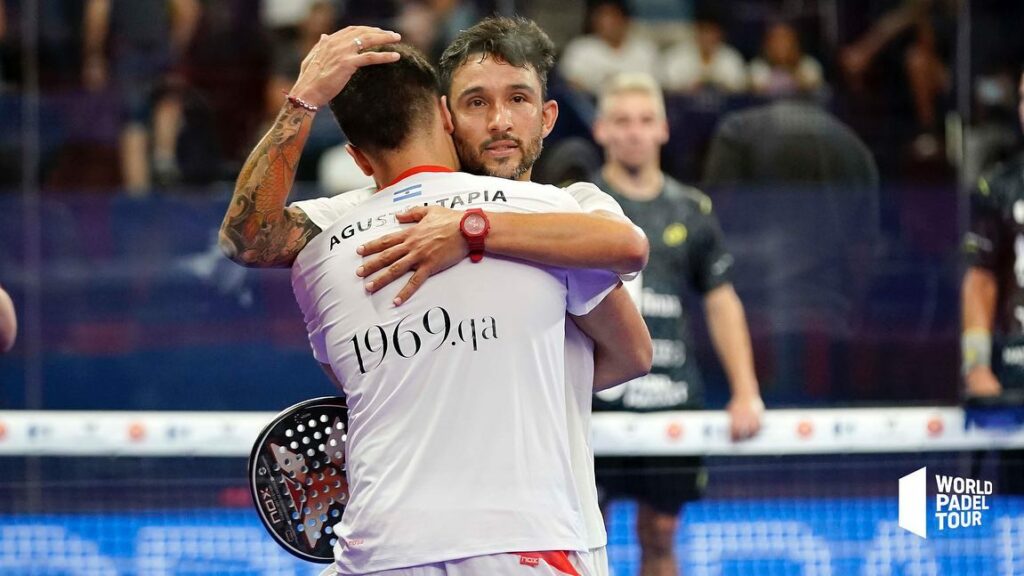
Even much younger players sounded the alarm in 2022. Last July, Martin Di Nenno told us about his mental fatigue : “It becomes difficult, especially when you lose a lot of quarter-finals. Sometimes on Mondays, I don't necessarily want to see Paco, and neither does he, but we still have to train. There are pairs that support the high pace of tournaments better, and we less well. We are very sensitive and transparent, and there are days when we don't want to be together."
A weariness that the 25-year-old Argentinian confirmed to our colleagues from Olé when parting ways with Paquito Navarro in October: "I felt that Paco didn't have the same energy as at times and I hope that changing partners will give him that boost of motivation."
We could still cite Alvaro Cepero, who recently told how he had to relentlessly chain a tournament in Mexico then another in Egypt, with eight hours by plane and six hours by car between the two.
Tennis and mental exhaustion
But the players of padel do not have exclusivity when it comes to physical exhaustion and mental overheating. Our national Benoît Paire is the living illustration of the fed up that awaits tennis players. His freakouts may amuse social networks, but above all they are a rather worrying sign of a prowling depression and his own way of warding it off.
Australia's Nick Kyrgios is another example of an incredibly talented player, whose raw nerves and friable mind are career-hampers, earning him regular fines and even a sentence to follow psychological care.
Among the ladies, the Japanese Naomi Osaka broke the mental health taboo in 2021. The former world No. 1, who won four titles in the Grand Chelem, tumbled to 42nd place in 2022, before becoming pregnant and giving up tennis in 2023. Another mentally exhausted No.1, Australian Ashleigh Barty, ended her career prematurely last March, only 25 years old.
“Sport, a cognitive challenge”
It is precisely in Australia that research is at the forefront on the question of mental fatigue, reports a Canberra Weekly article. THE Dr. Suzy Russell, a researcher at the Australian Catholic University in Brisbane (ACU), studies mental fatigue and mental recovery in high performance sport. To his eyes, “Sport is by nature a cognitive challenge. Media engagements, work commitments, repetitive tasks, over-analysis, contract negotiations, the impact of travel and unfamiliar environments have been identified as causes of mental fatigue.
One of the consequences highlighted for tennis players, but also those of padel or table tennis is a decrease in ball speed and increased reaction times, related to changes in brain activity.
To address this, Dr. Russell's work aims to develop various training methods to develop increased tolerance and resistance to mental fatigue. After the coach, the physical and mental trainers, the numbers 1 of tomorrow will have to resort to neuroscience?
After 40 years of tennis, Jérôme falls into the pot of padel in 2018. Since then, he thinks about it every morning while shaving… but never shaves pala in hand! Journalist in Alsace, he has no other ambition than to share his passion with you, whether you speak French, Italian, Spanish or English.

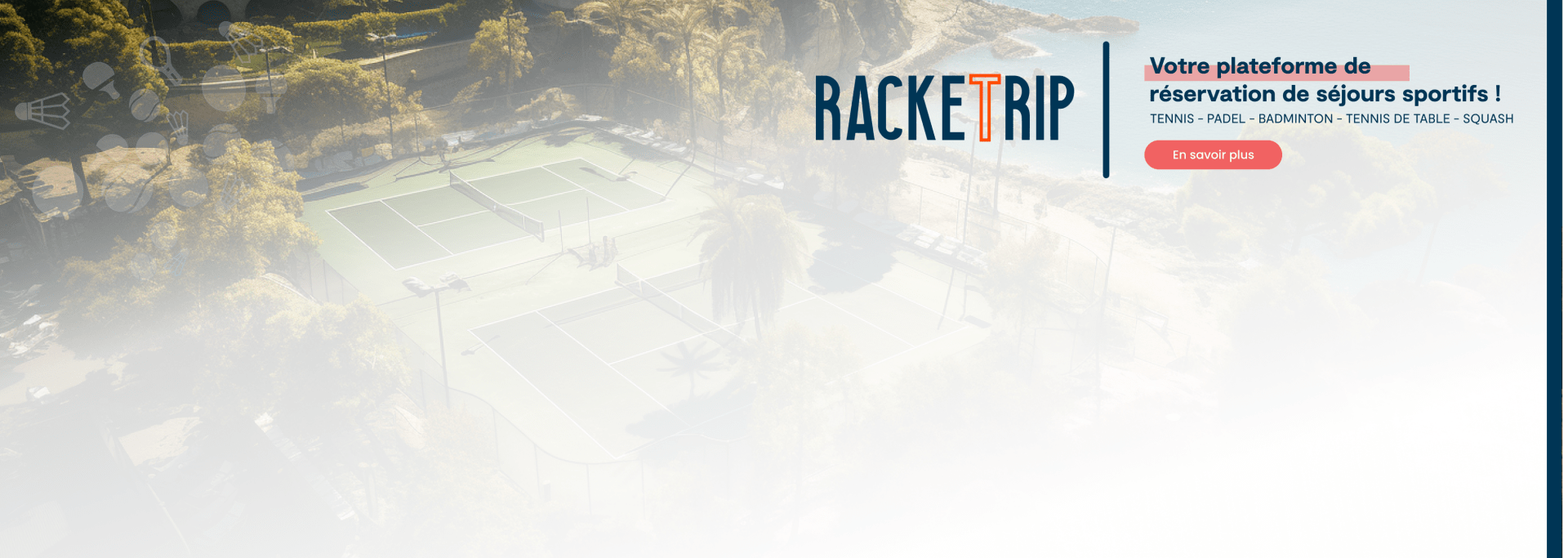


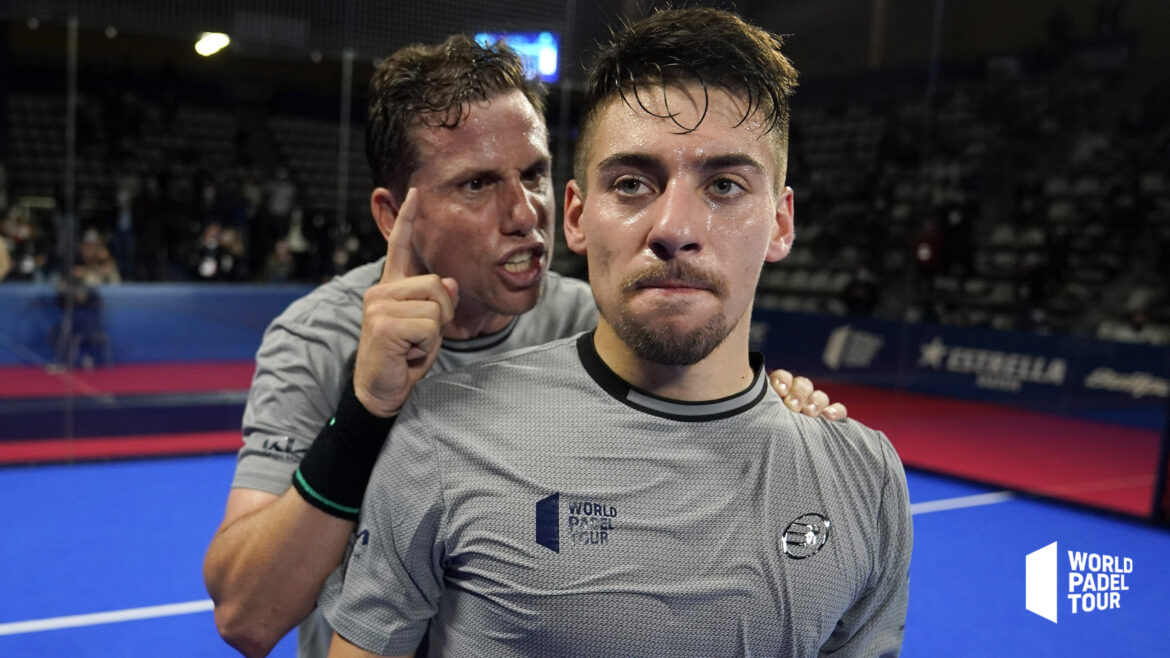













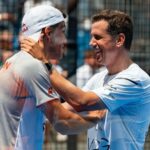



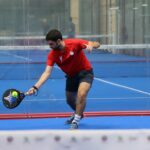










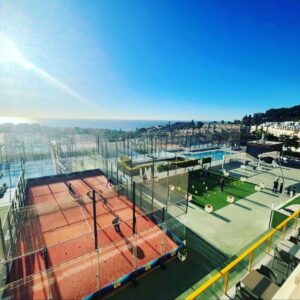
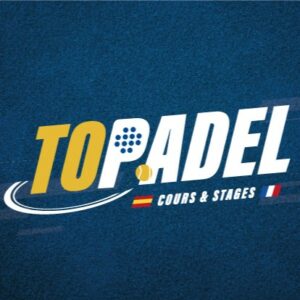



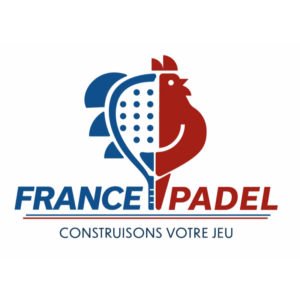





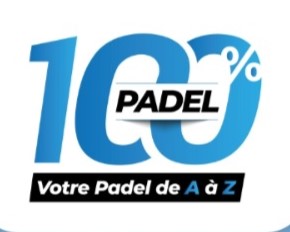
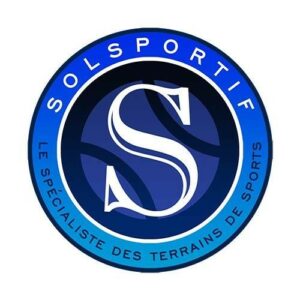

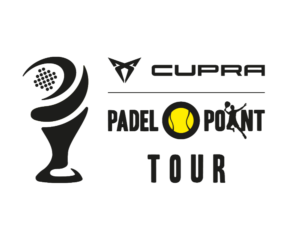

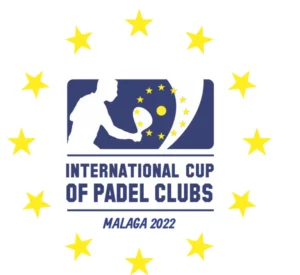




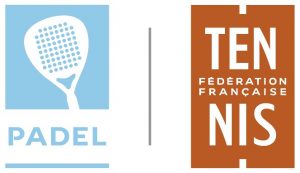


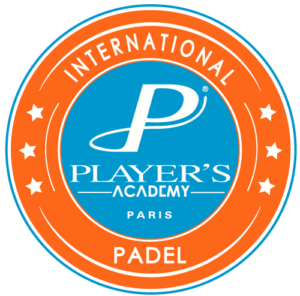

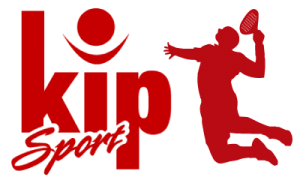



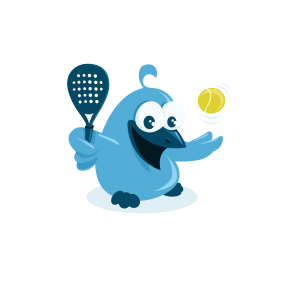

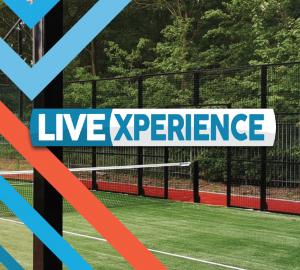
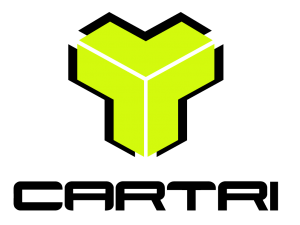

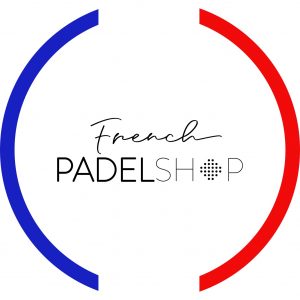
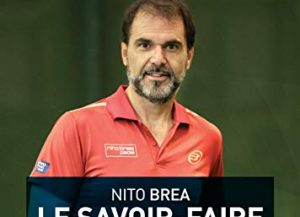
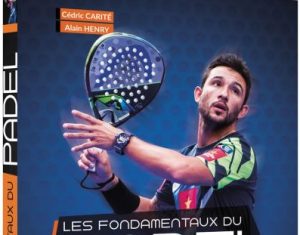


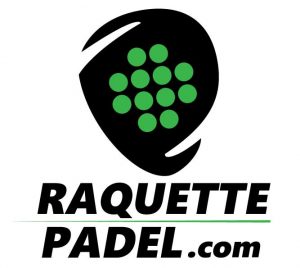

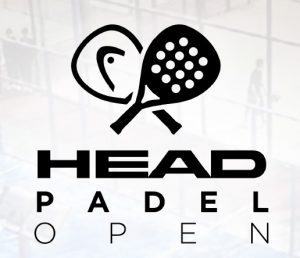





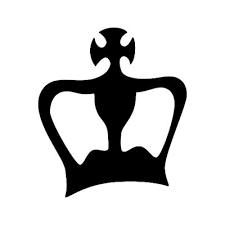


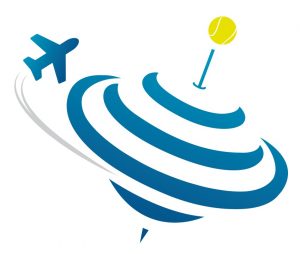
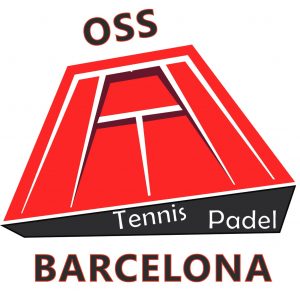
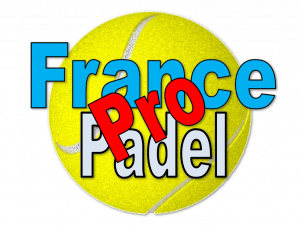




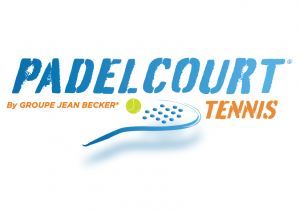


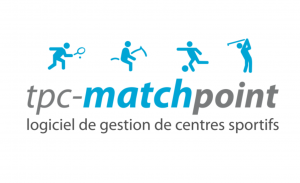






 Qualifications for the 2024 European Championships in Oslo
Qualifications for the 2024 European Championships in Oslo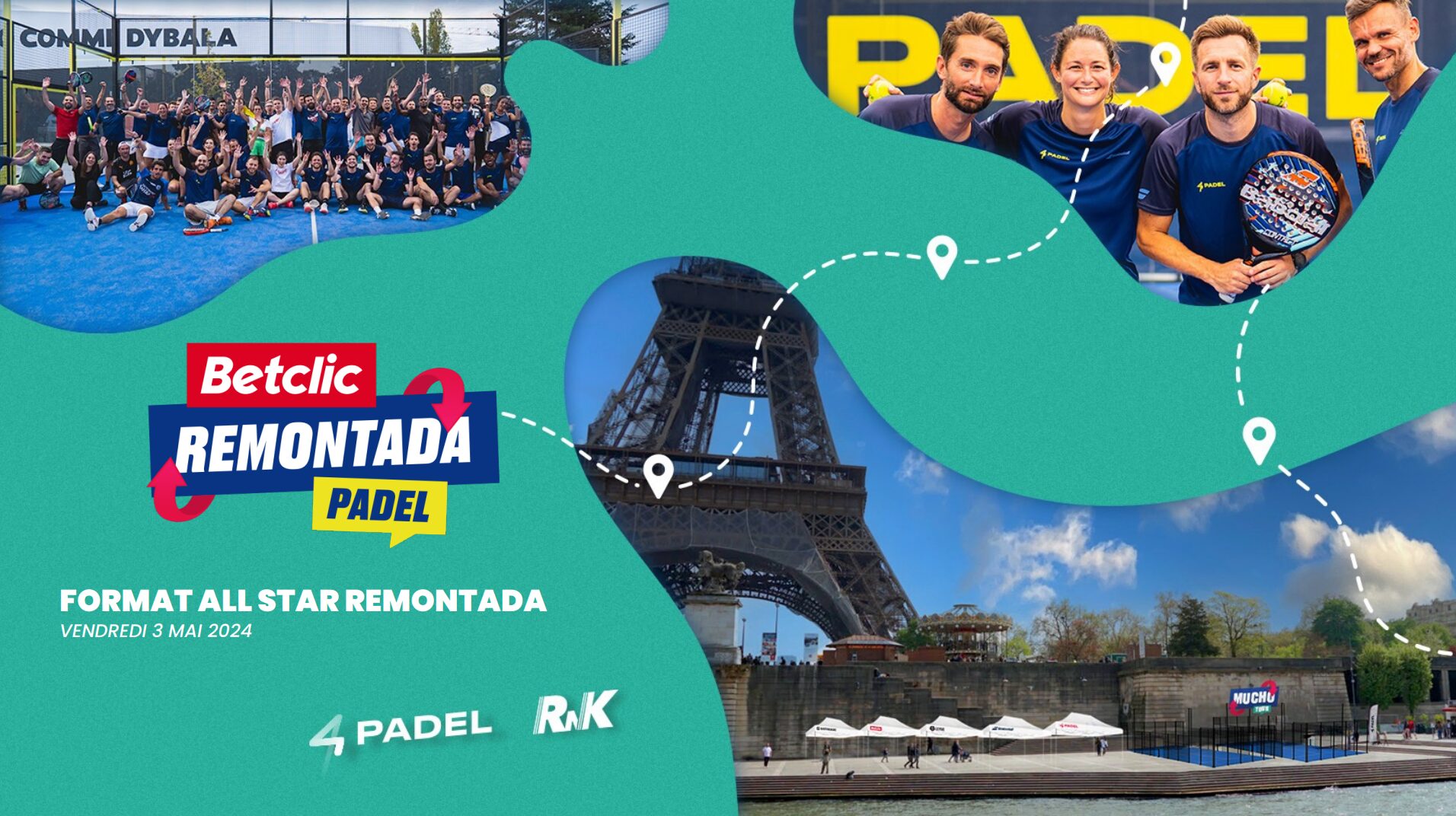 All-Star Remontada padel : starting signal !
All-Star Remontada padel : starting signal !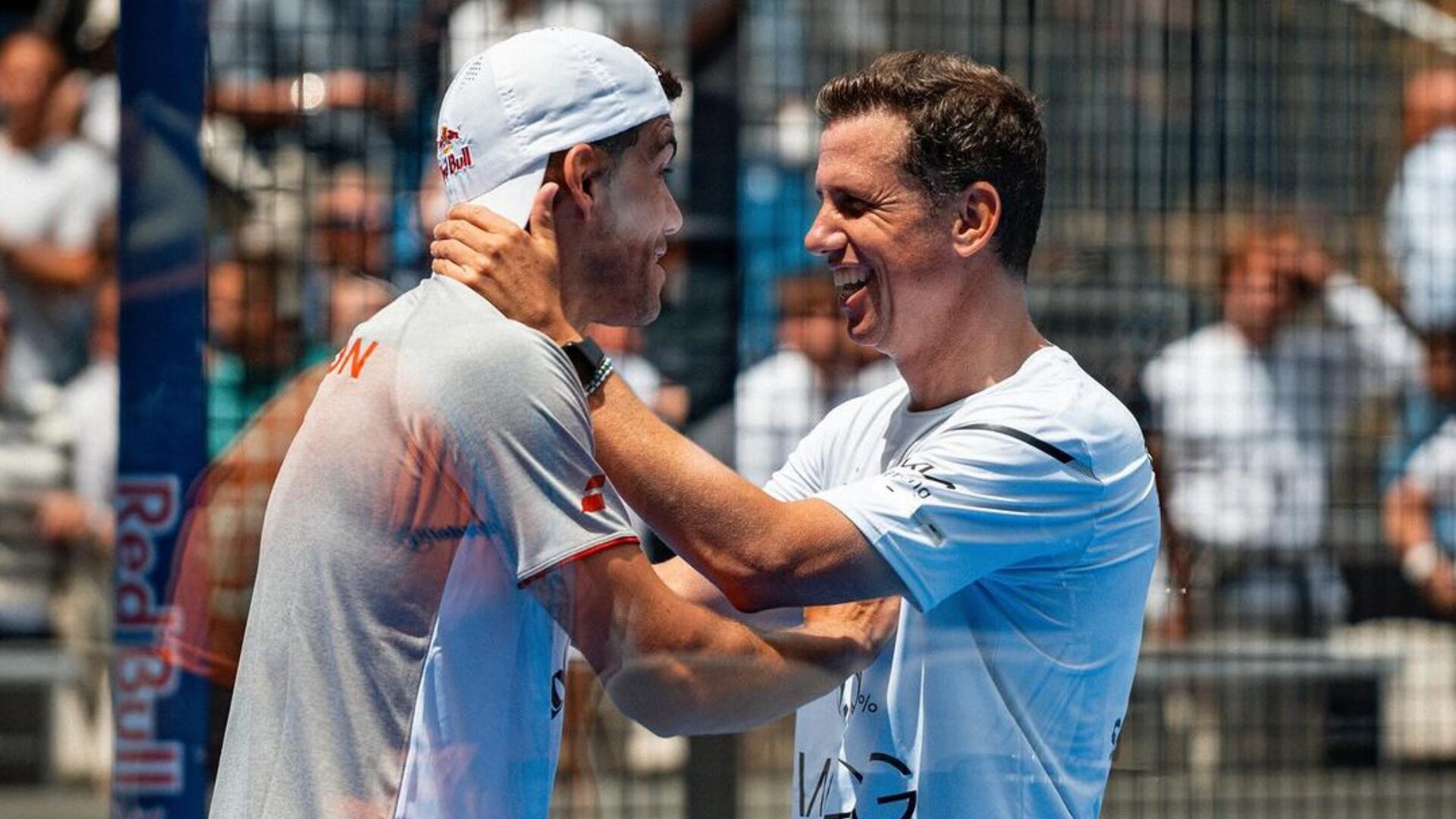 Already a first semi-final in 2024 for Paquito and Lebron!
Already a first semi-final in 2024 for Paquito and Lebron!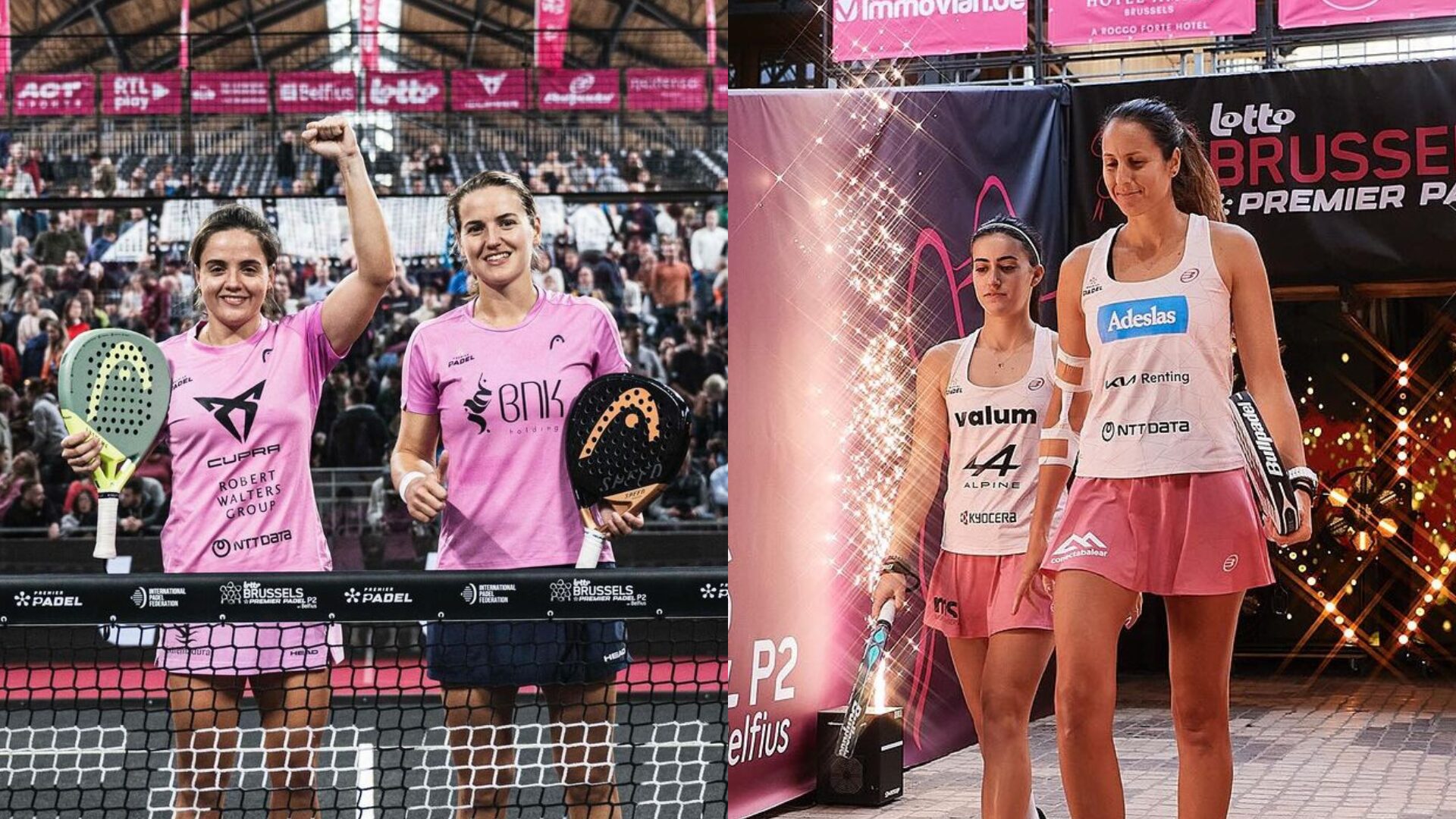 Premier Padel Sevilla P2 – Josemaria and Sanchez will have the opportunity to take their revenge…
Premier Padel Sevilla P2 – Josemaria and Sanchez will have the opportunity to take their revenge…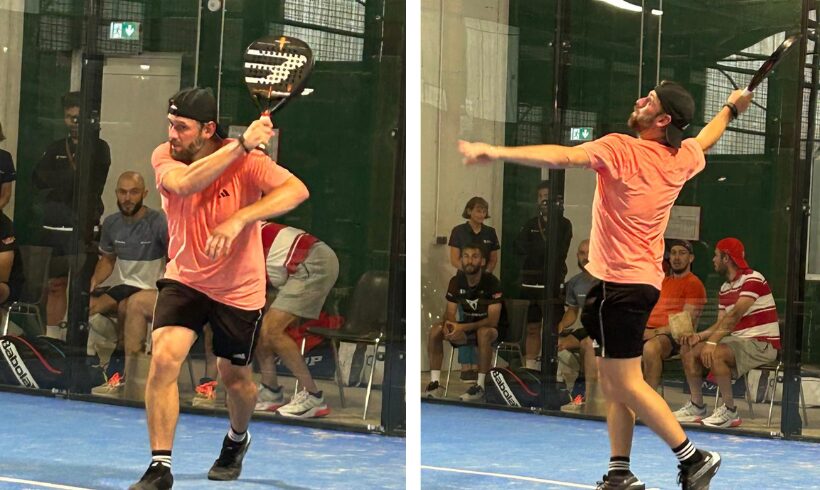 Alexandre Dizy: “I never imagined I would be able to enter the top 100 in 2 years!”
Alexandre Dizy: “I never imagined I would be able to enter the top 100 in 2 years!”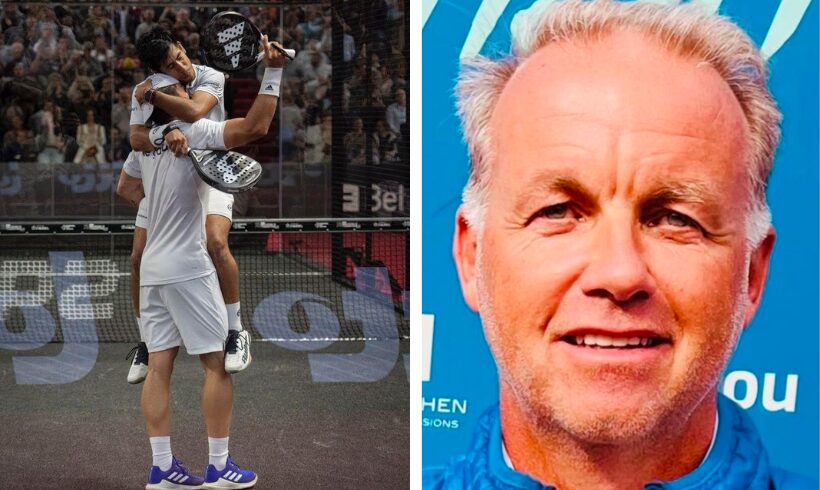 Vincent Laureyssens: “Premier Padel compares us to the Monaco Formula 1 GP”
Vincent Laureyssens: “Premier Padel compares us to the Monaco Formula 1 GP”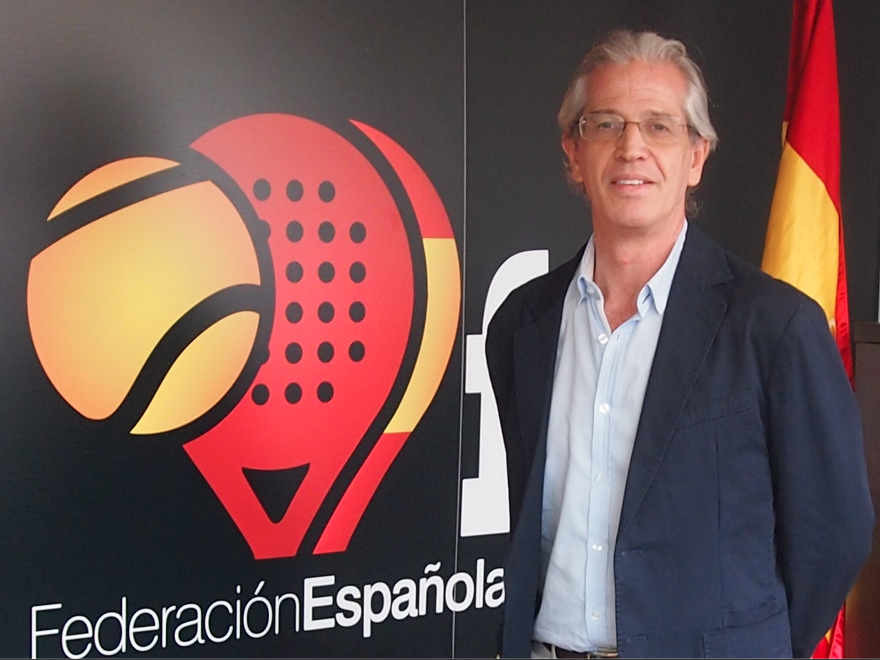 Ramón Morcillo: “I was surprised by France”
Ramón Morcillo: “I was surprised by France”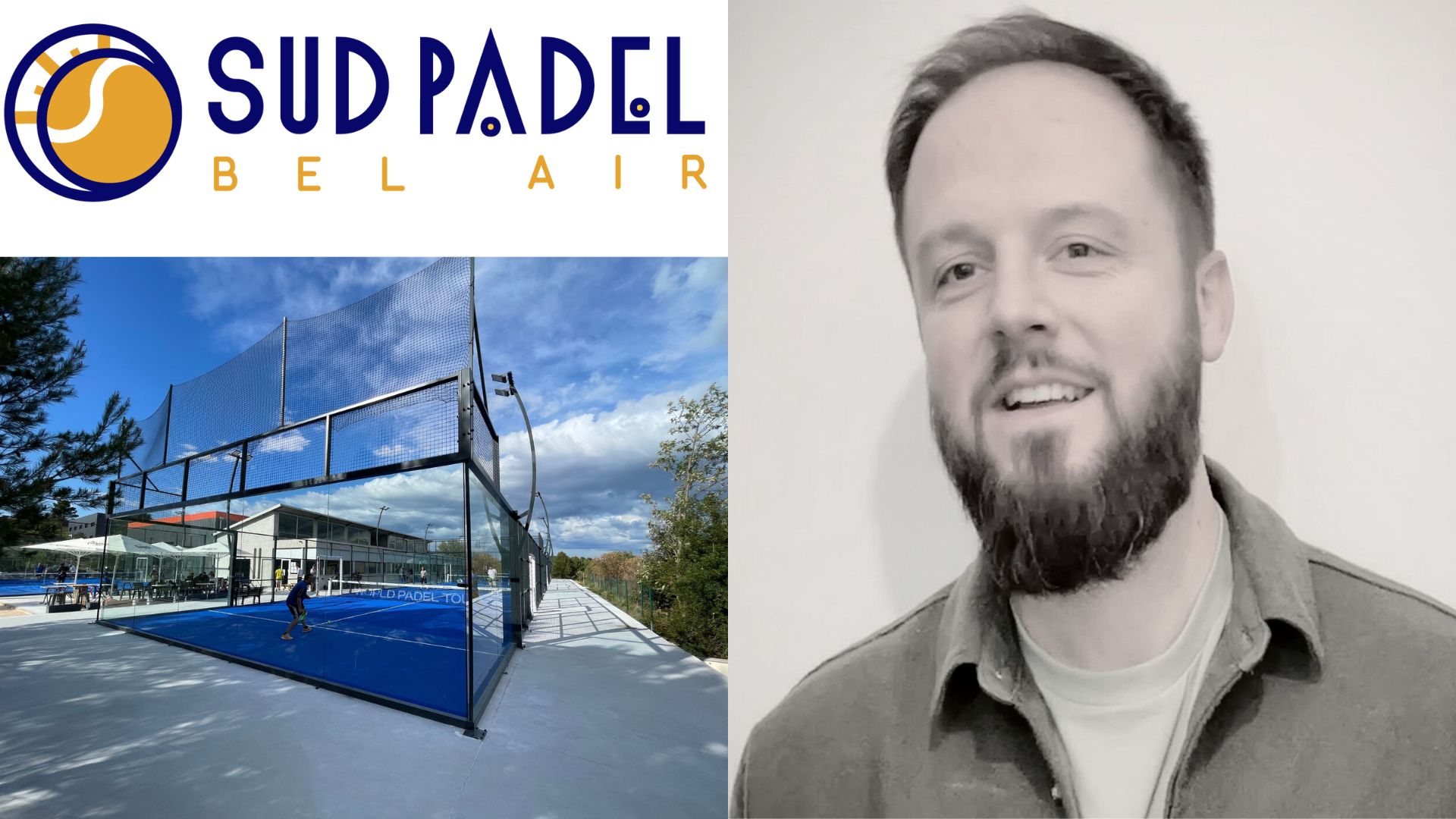 Guillaume Codron: “South Padel, a family project”
Guillaume Codron: “South Padel, a family project”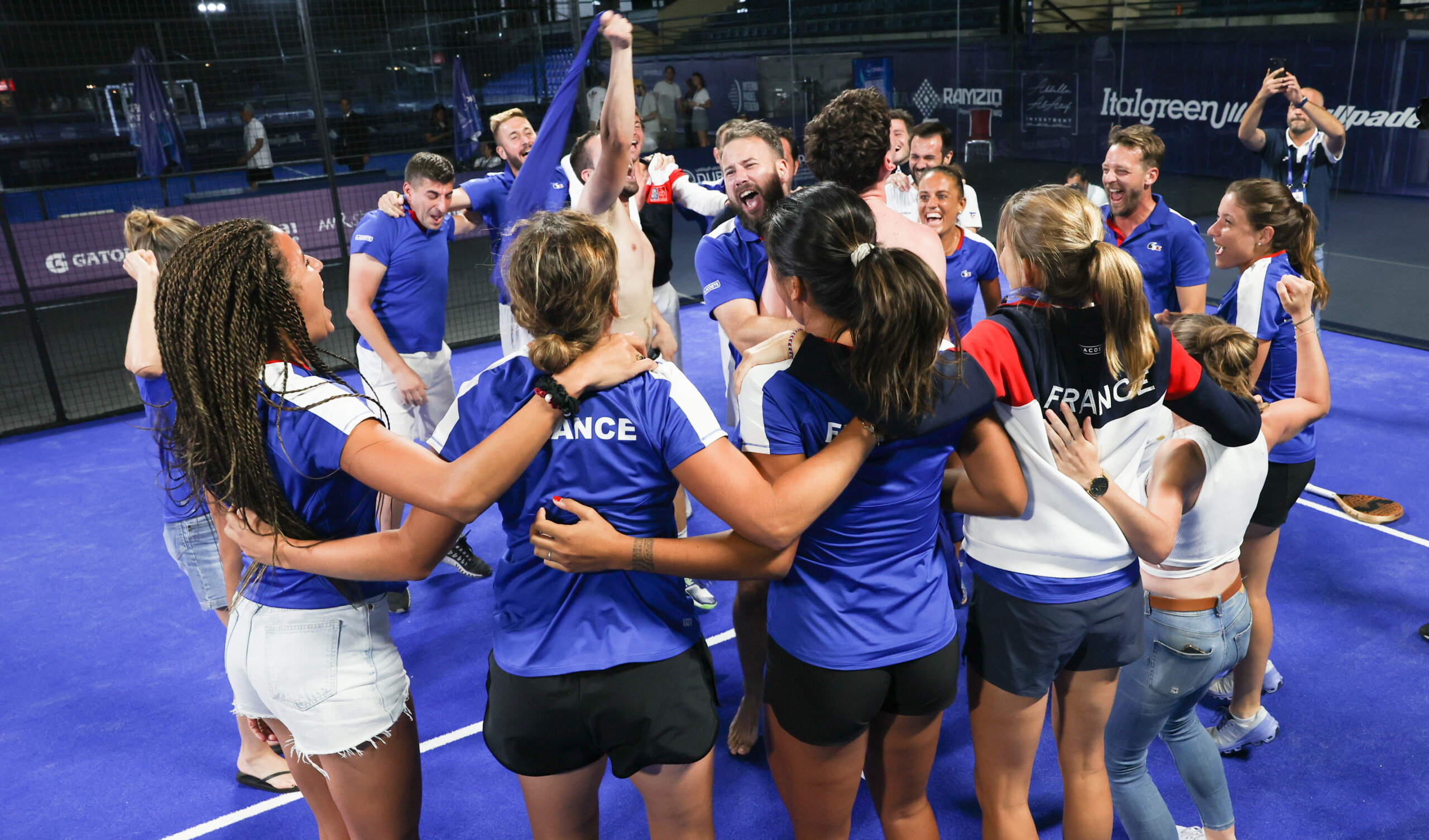 France 2024 team training course – Discover the names of the players present
France 2024 team training course – Discover the names of the players present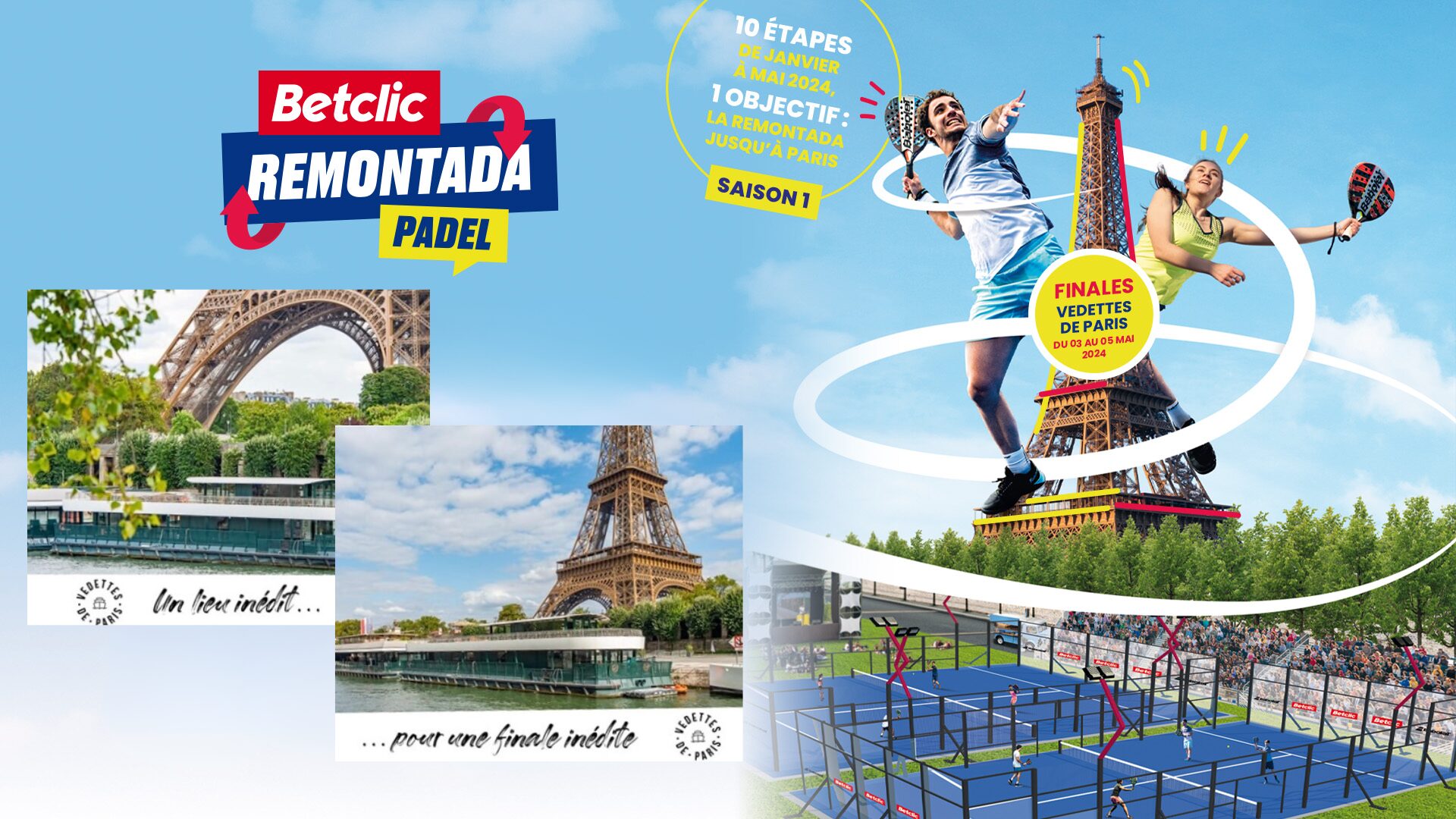 The Betclic Remontada Padel starts tomorrow at the foot of the Eiffel Tower
The Betclic Remontada Padel starts tomorrow at the foot of the Eiffel Tower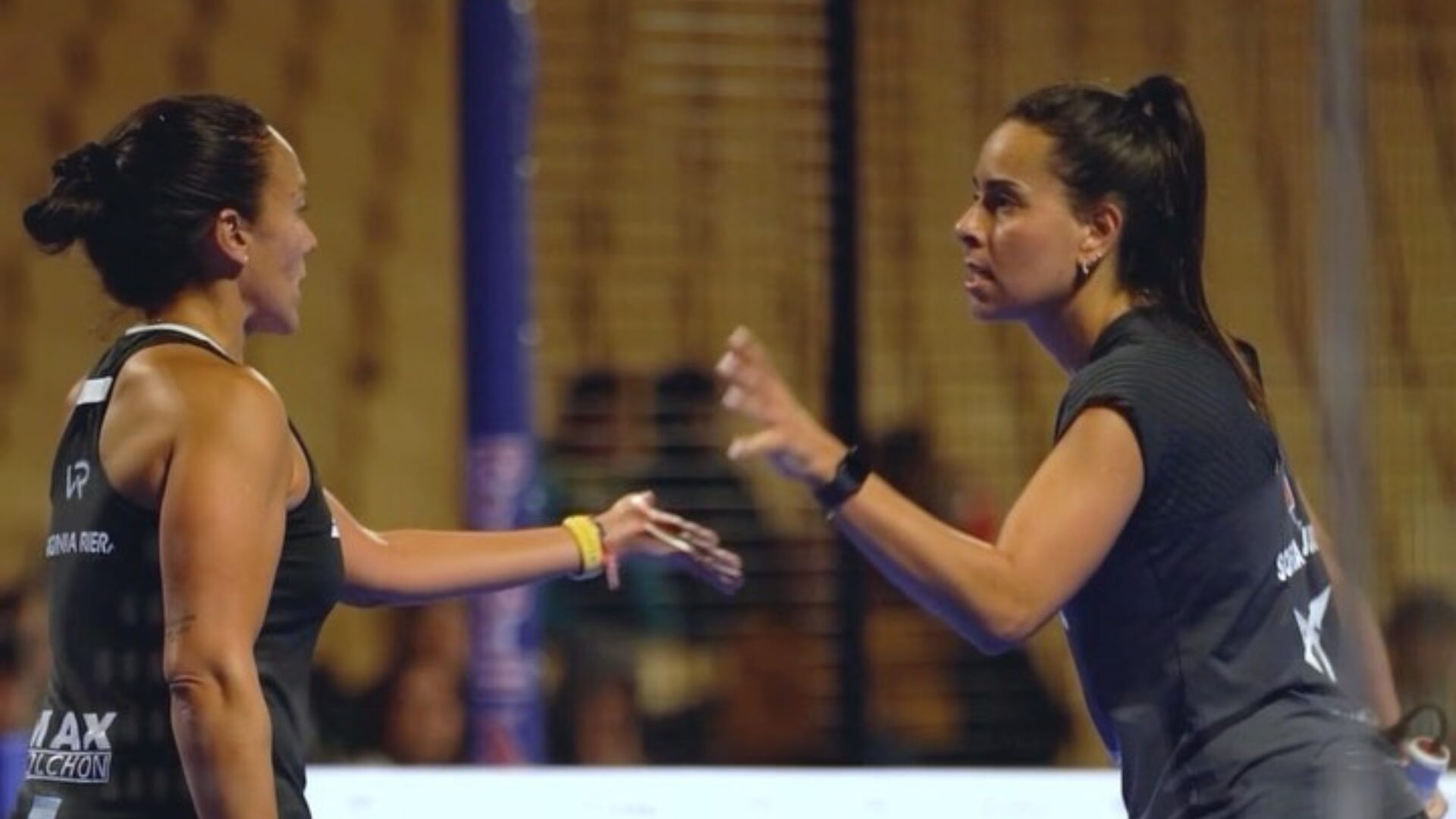 Premier Padel Sevilla P2 – Araujo and Riera win a big fight against Collombon / Bidahorria
Premier Padel Sevilla P2 – Araujo and Riera win a big fight against Collombon / Bidahorria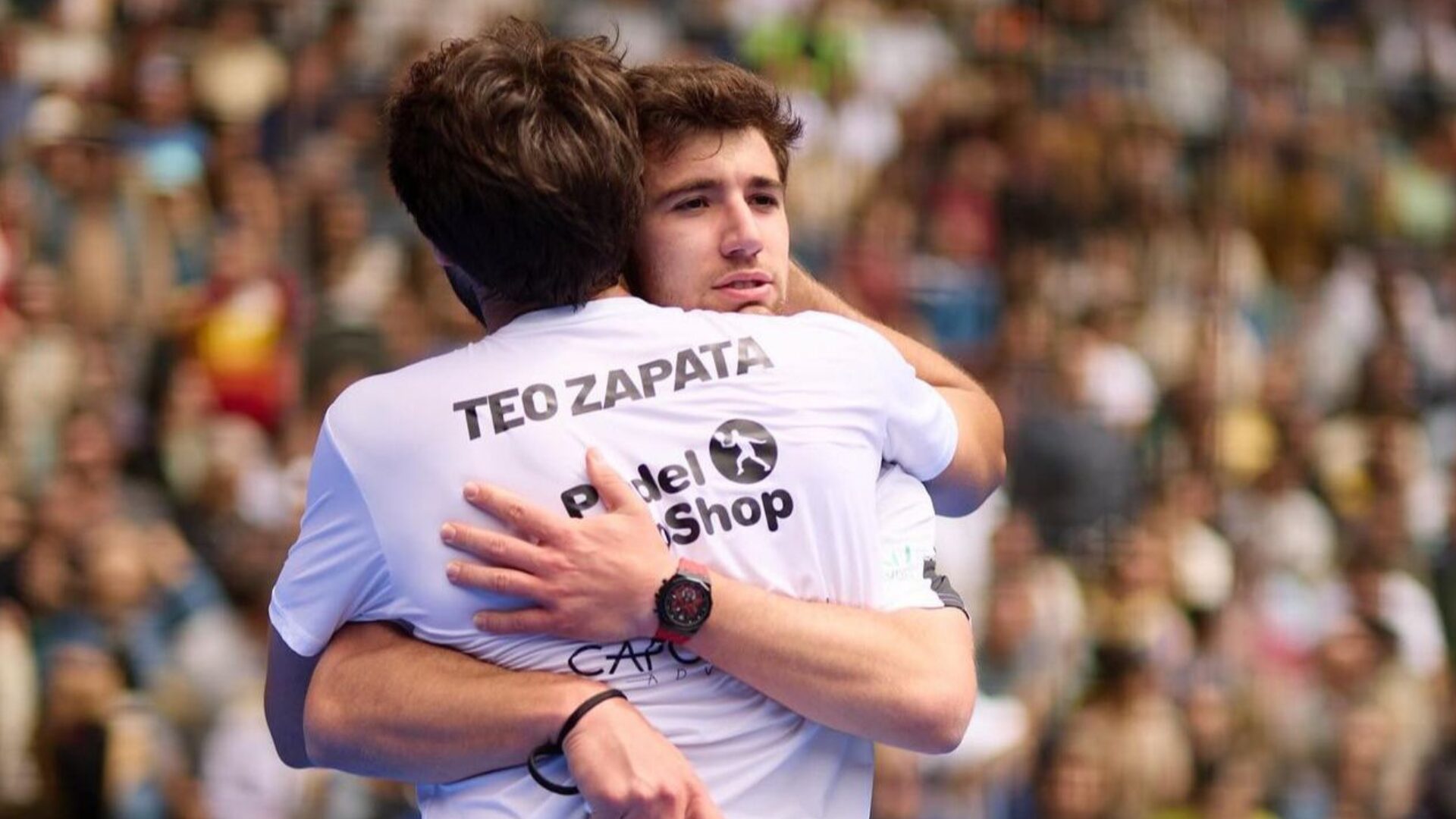 Premier Padel Sevilla P2 – Goenaga and Zapata release Bela / Tello!
Premier Padel Sevilla P2 – Goenaga and Zapata release Bela / Tello!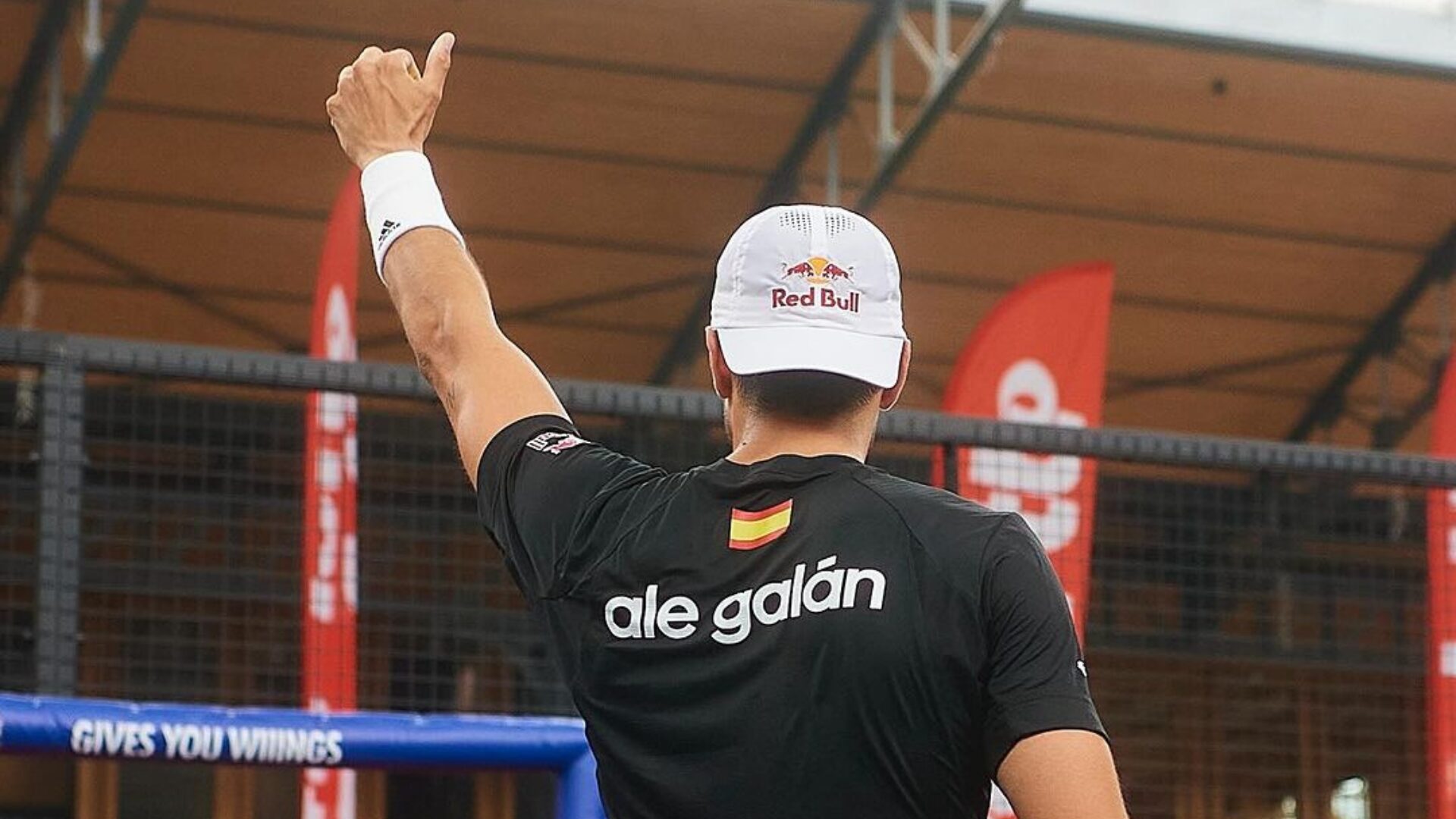 Ale Galan, the king of the winning points/unforced errors ratio
Ale Galan, the king of the winning points/unforced errors ratio Business plan padel : the 5 key points
Business plan padel : the 5 key points Ultra-luxurious residences with ski slopes padel floating in Dubai
Ultra-luxurious residences with ski slopes padel floating in Dubai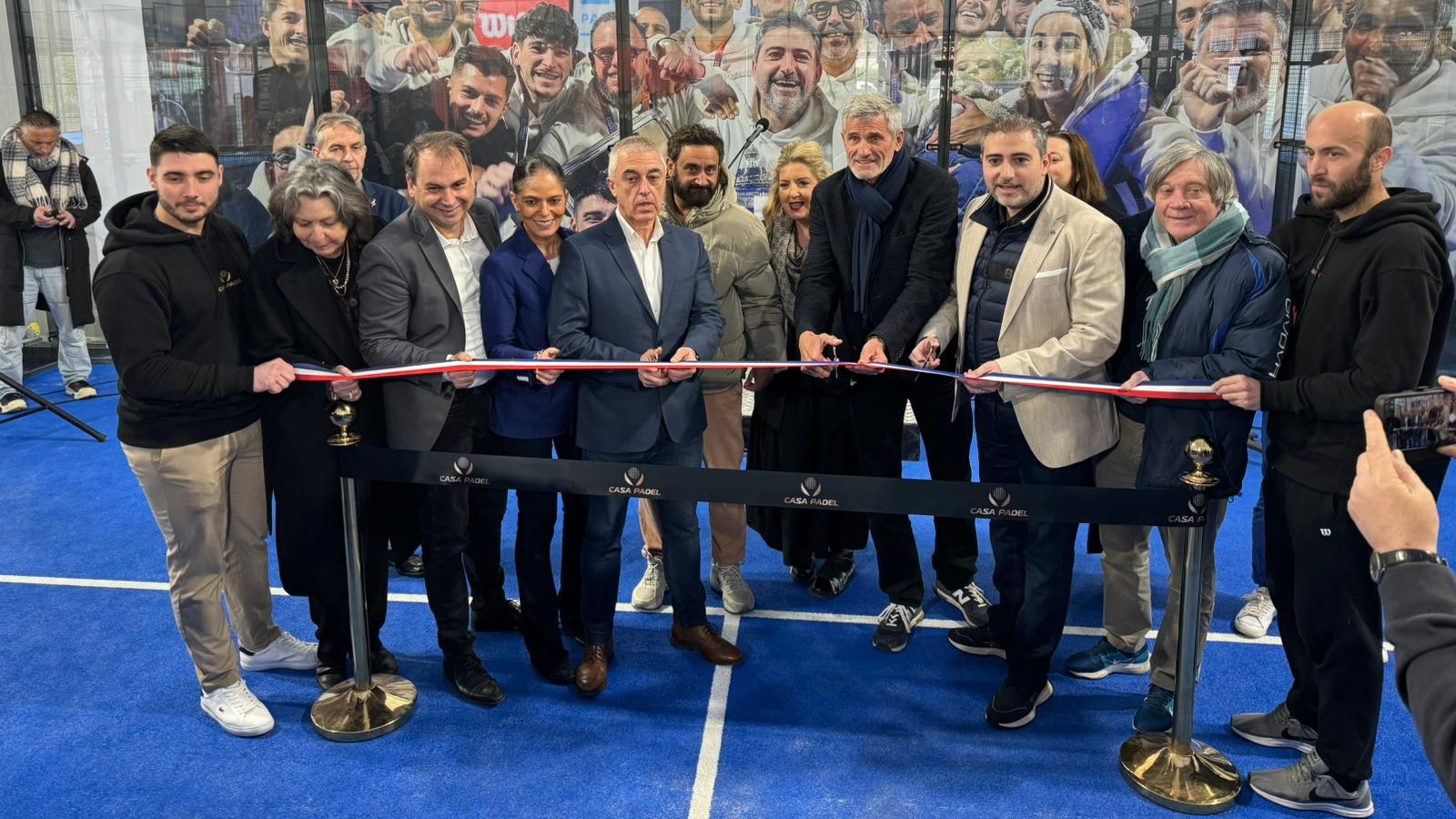 José Manuel Escin at the inauguration of Casa Padel DOS: “Finally, and thank you!”
José Manuel Escin at the inauguration of Casa Padel DOS: “Finally, and thank you!”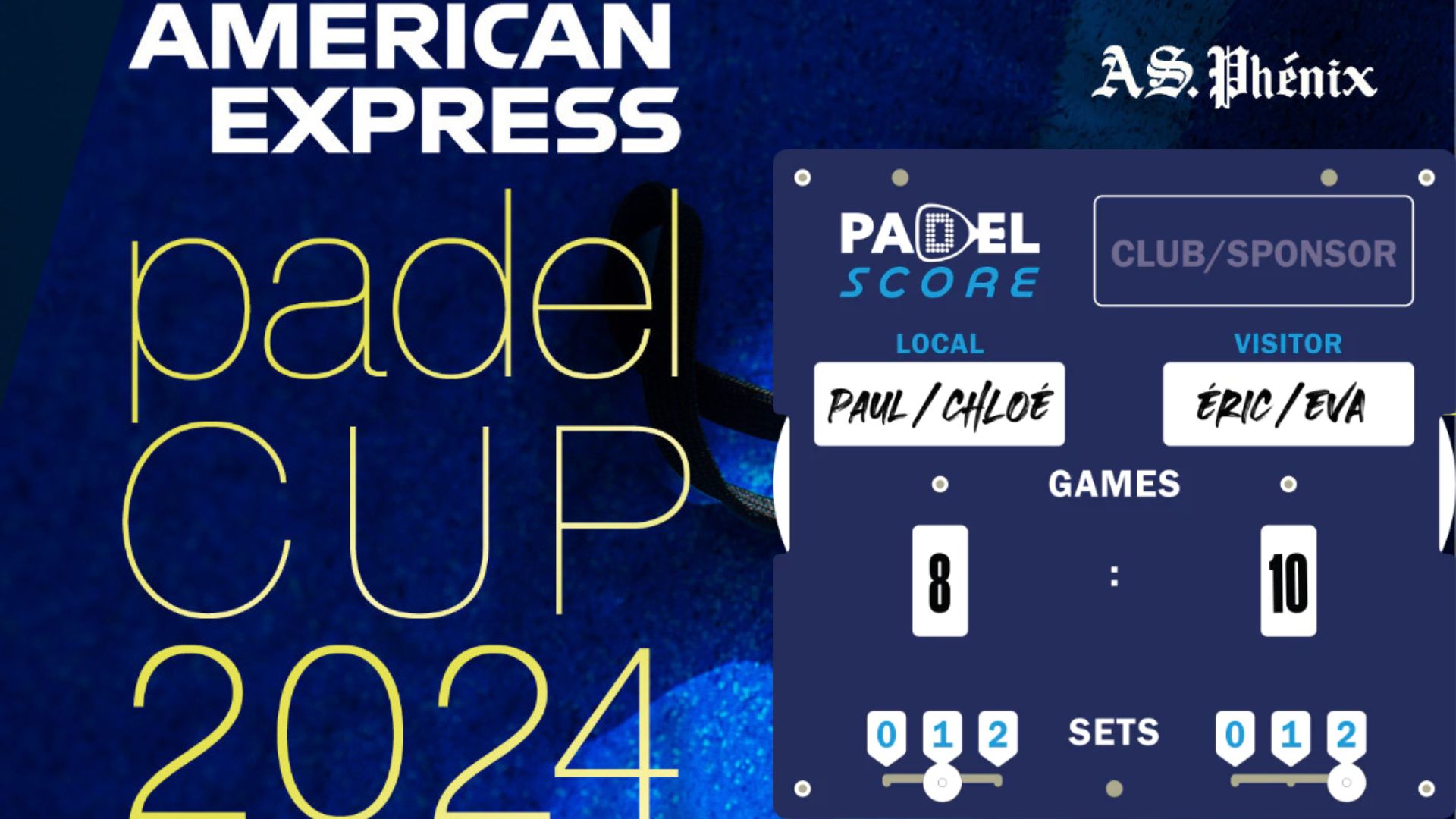 Padel Score comes to Tahiti for American Express Padel Cup!
Padel Score comes to Tahiti for American Express Padel Cup!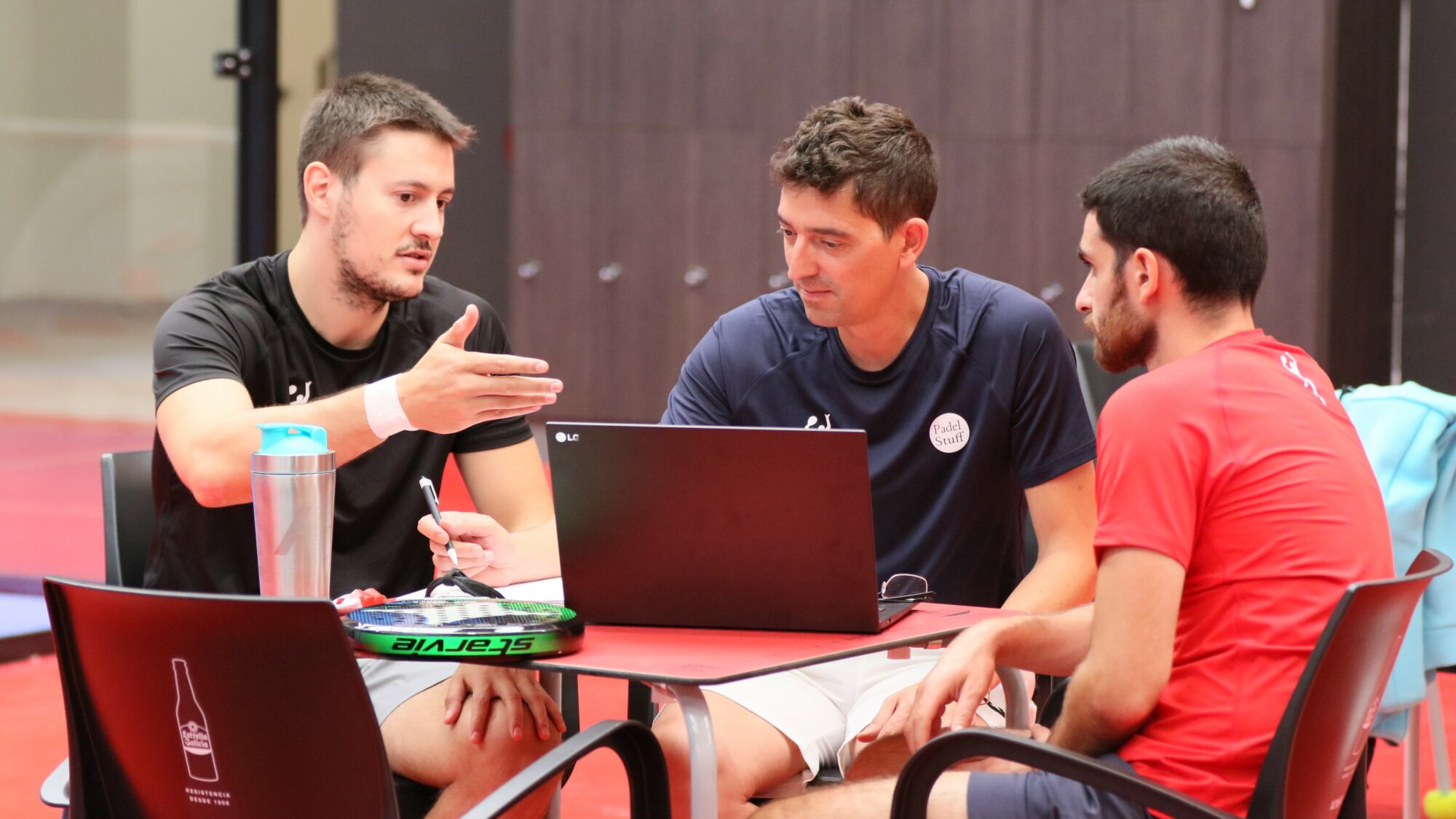 At the heart of padel – Episode 26: the keys to chiquita
At the heart of padel – Episode 26: the keys to chiquita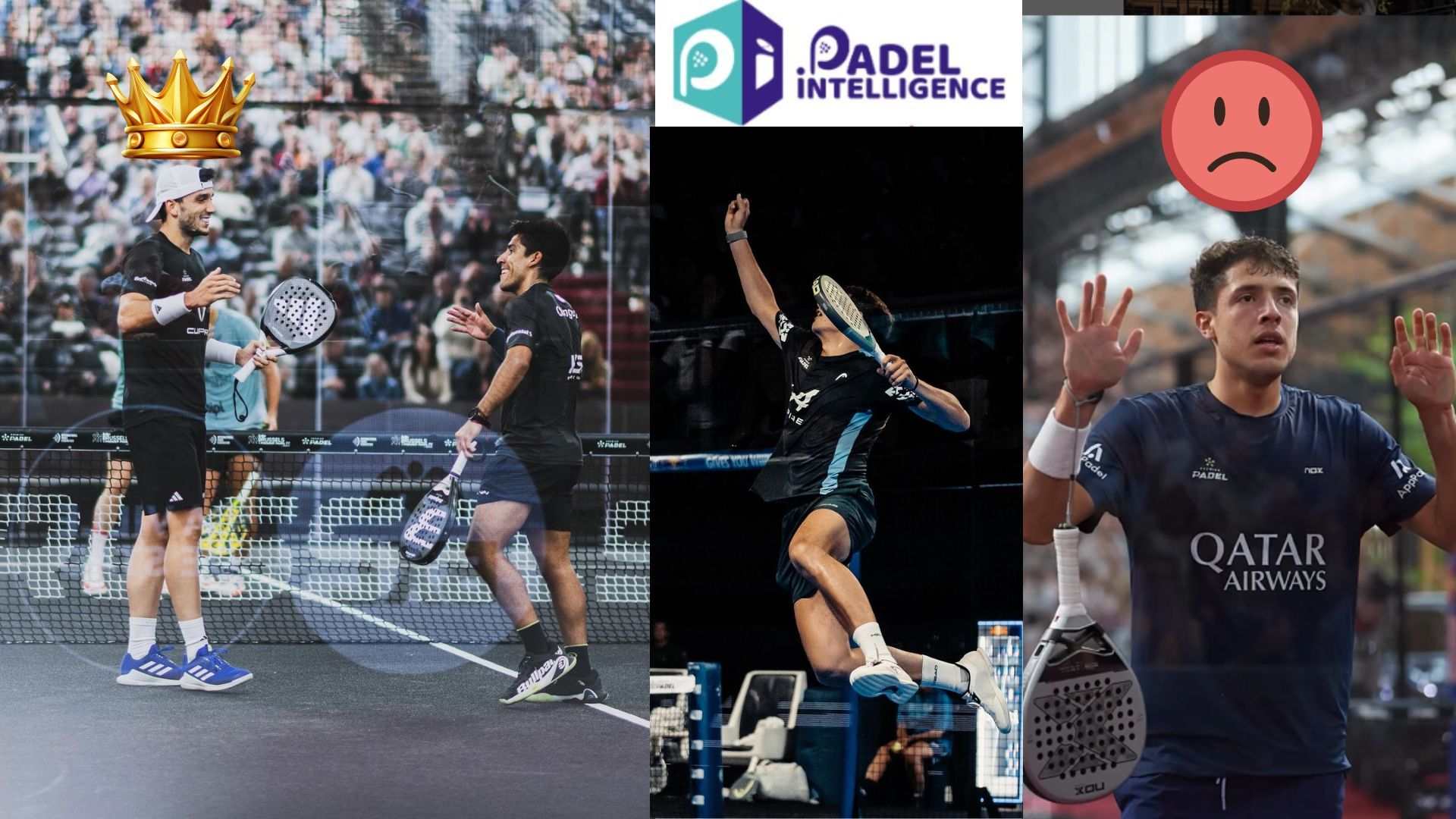 Brussels Premier Padel P2 – the final in stats
Brussels Premier Padel P2 – the final in stats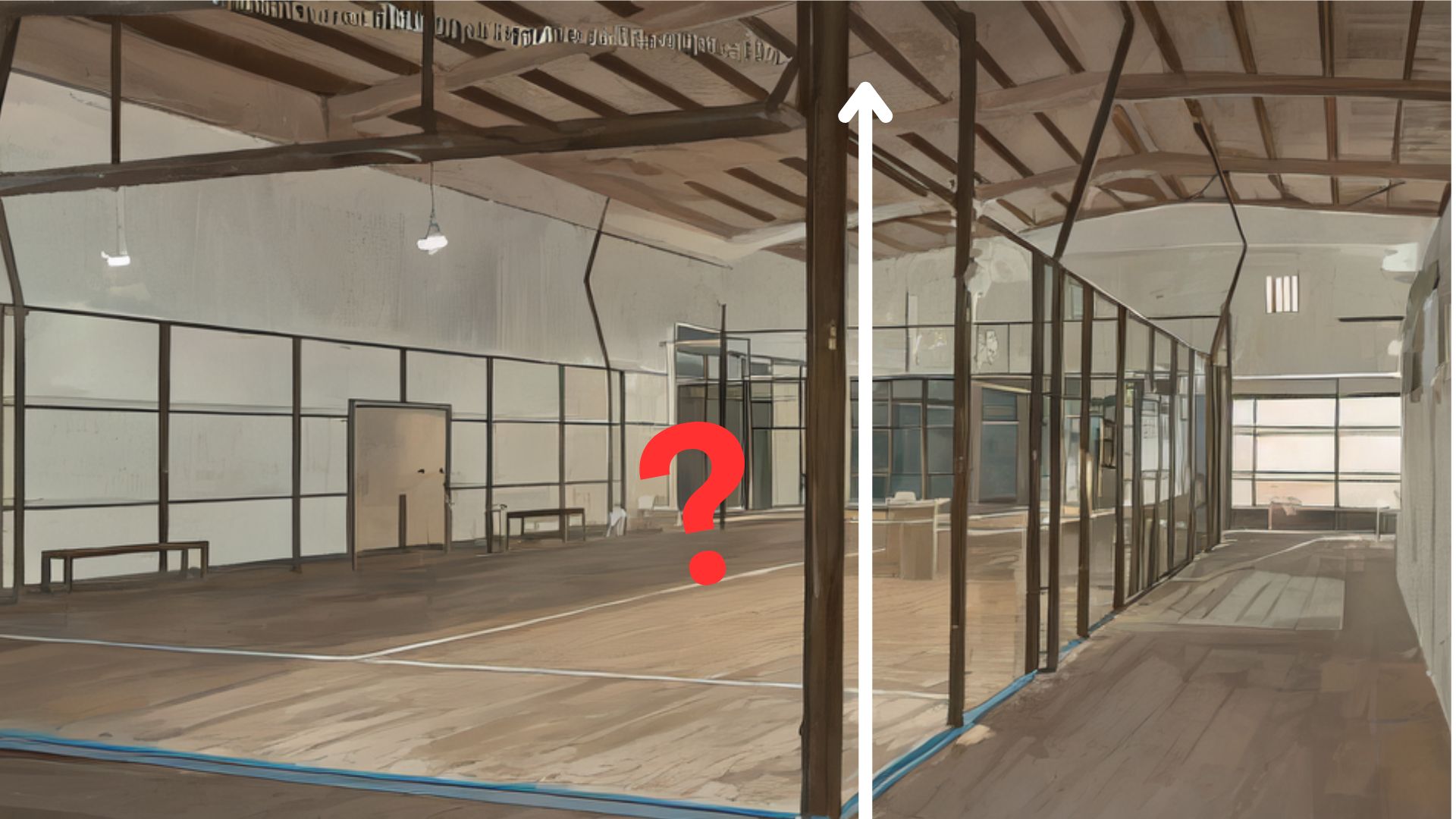 Find out everything about the dimensions of a plot of land padel
Find out everything about the dimensions of a plot of land padel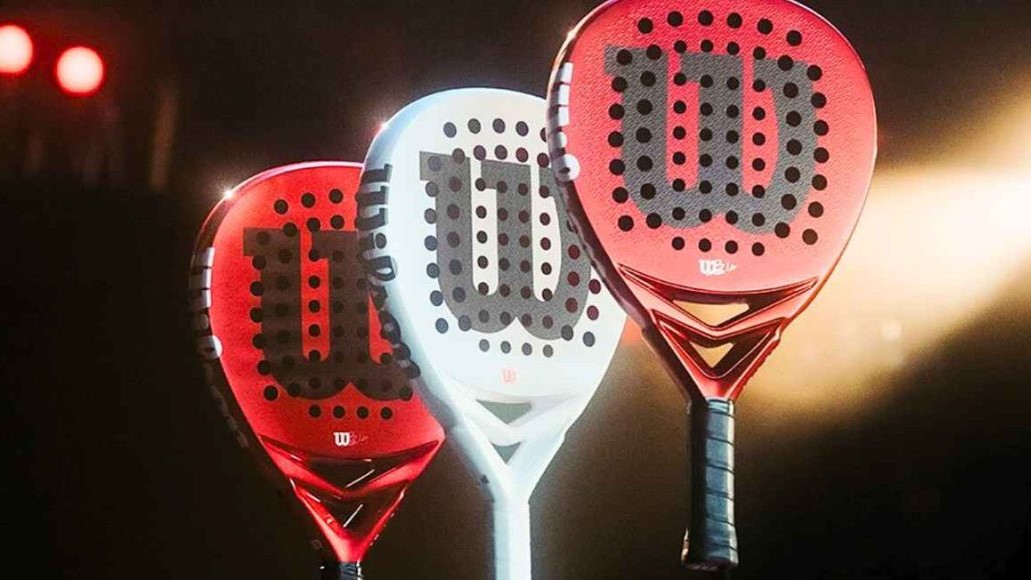 Presentation of the Wilson Bela V2.5 collection
Presentation of the Wilson Bela V2.5 collection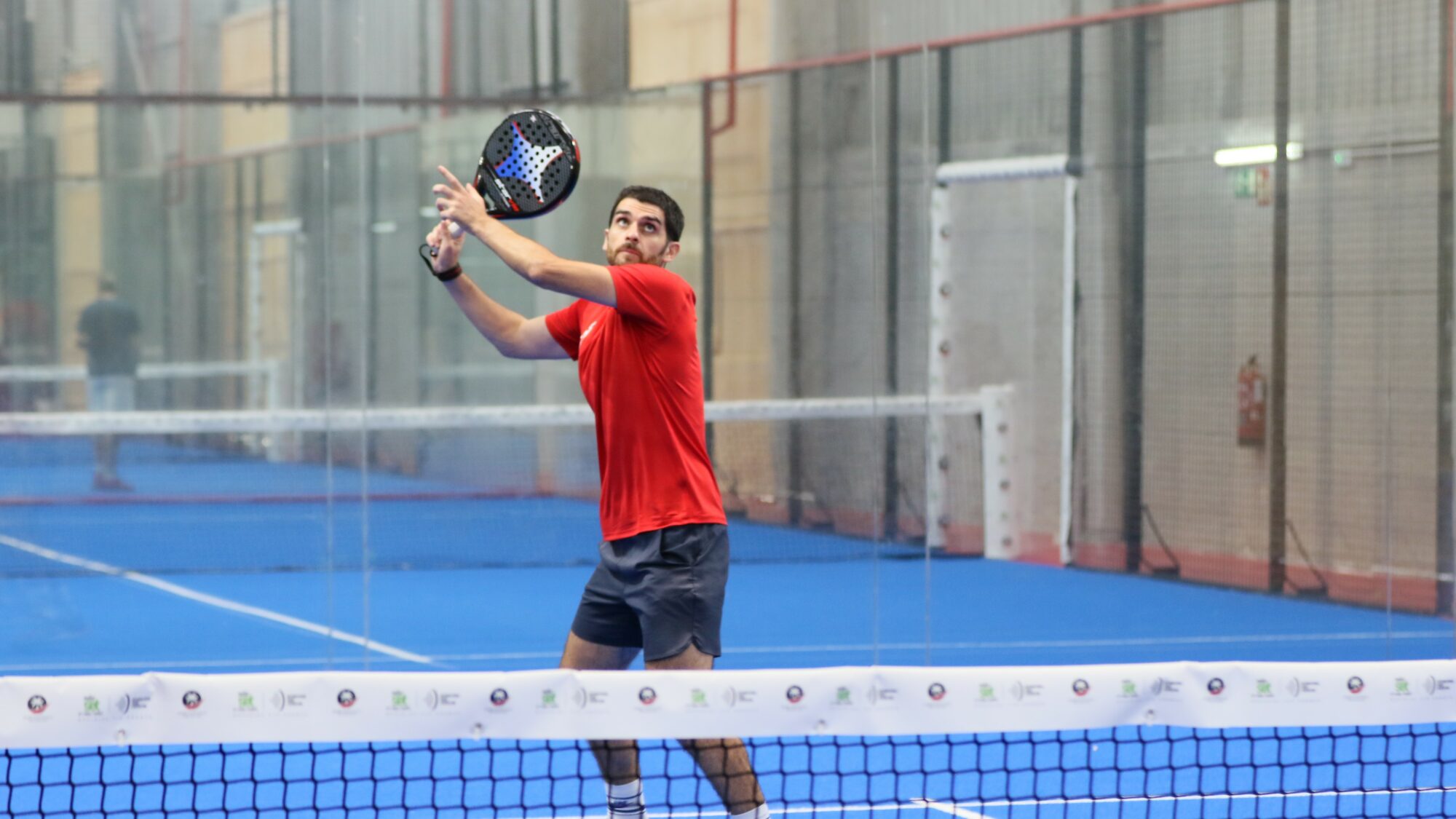 At the heart of padel – Episode 24: Paul Daulan shares the evolution of his bandeja
At the heart of padel – Episode 24: Paul Daulan shares the evolution of his bandeja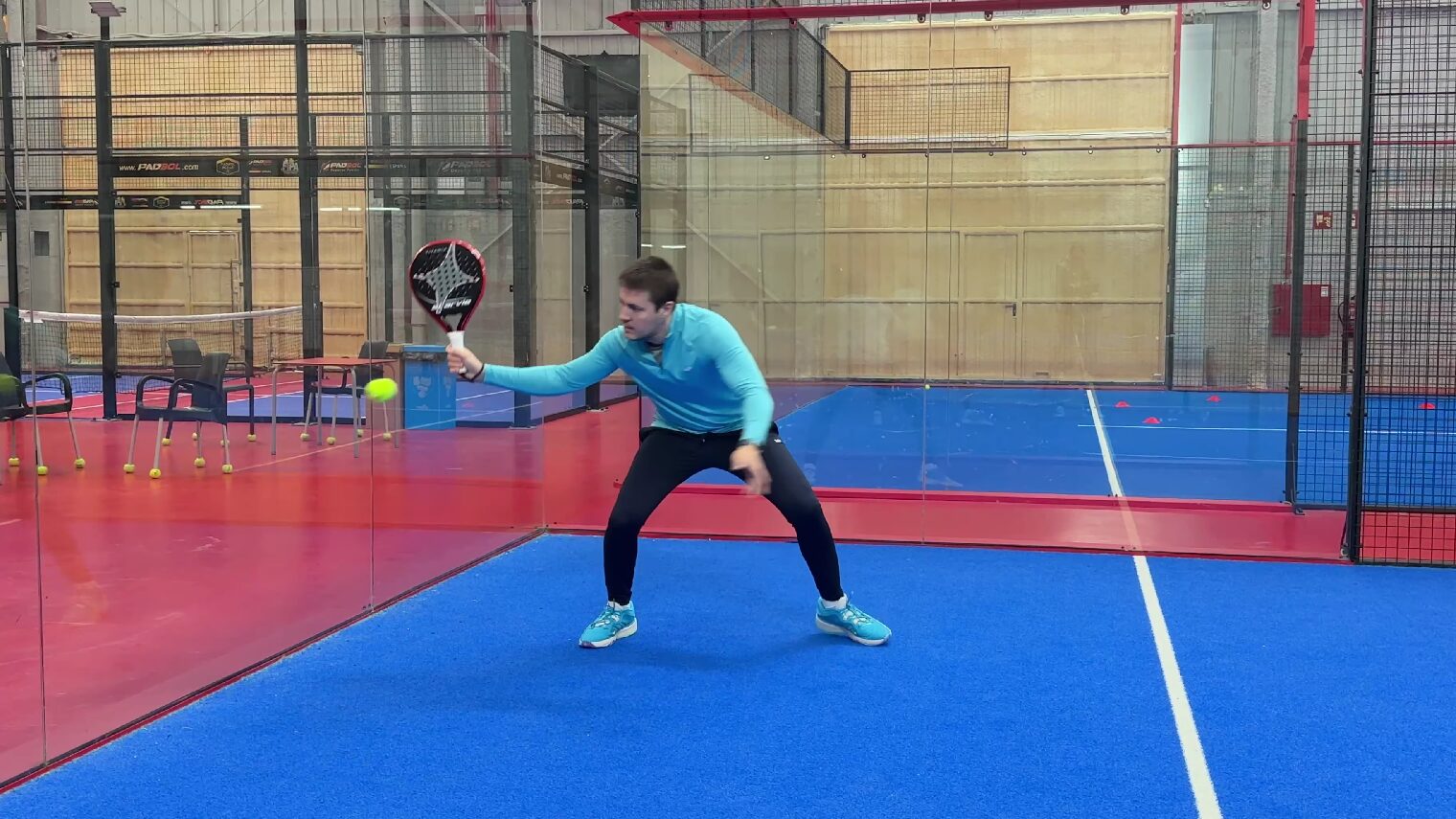 At the heart of padel – Episode 23: defend the window well
At the heart of padel – Episode 23: defend the window well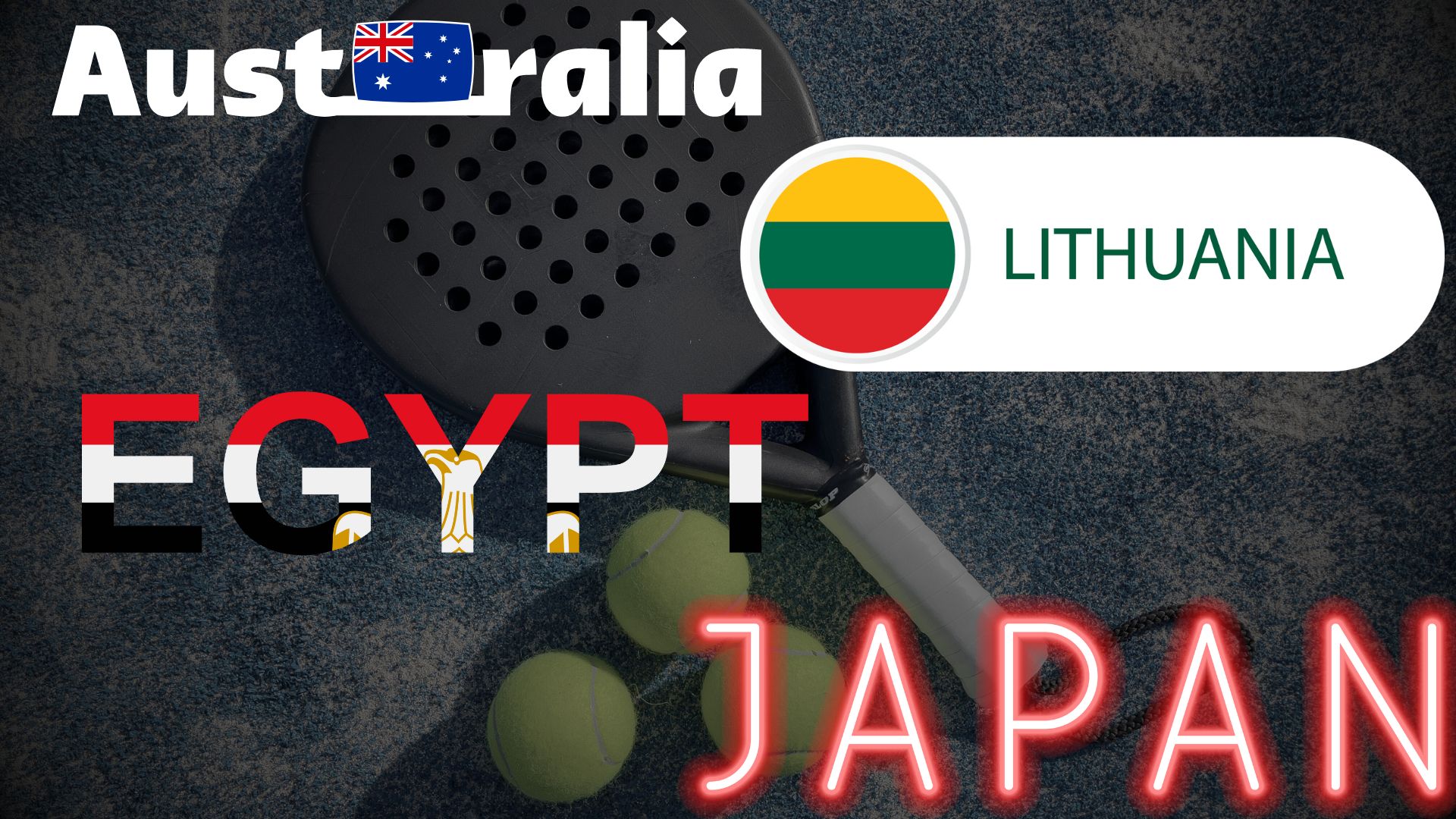 FIP Tour – Going far from Europe, THE strategy to earn points!
FIP Tour – Going far from Europe, THE strategy to earn points!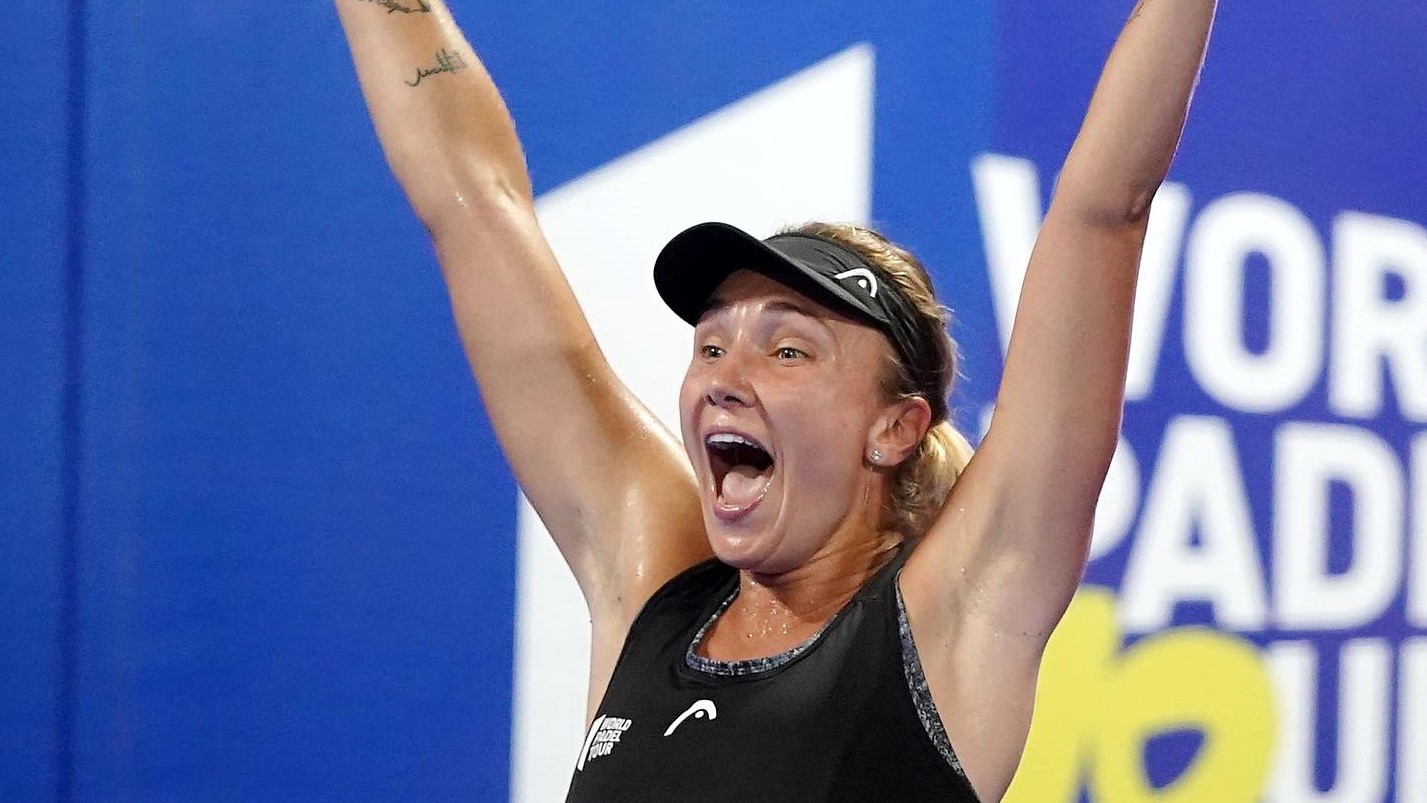 What is a good football player? padel ?
What is a good football player? padel ?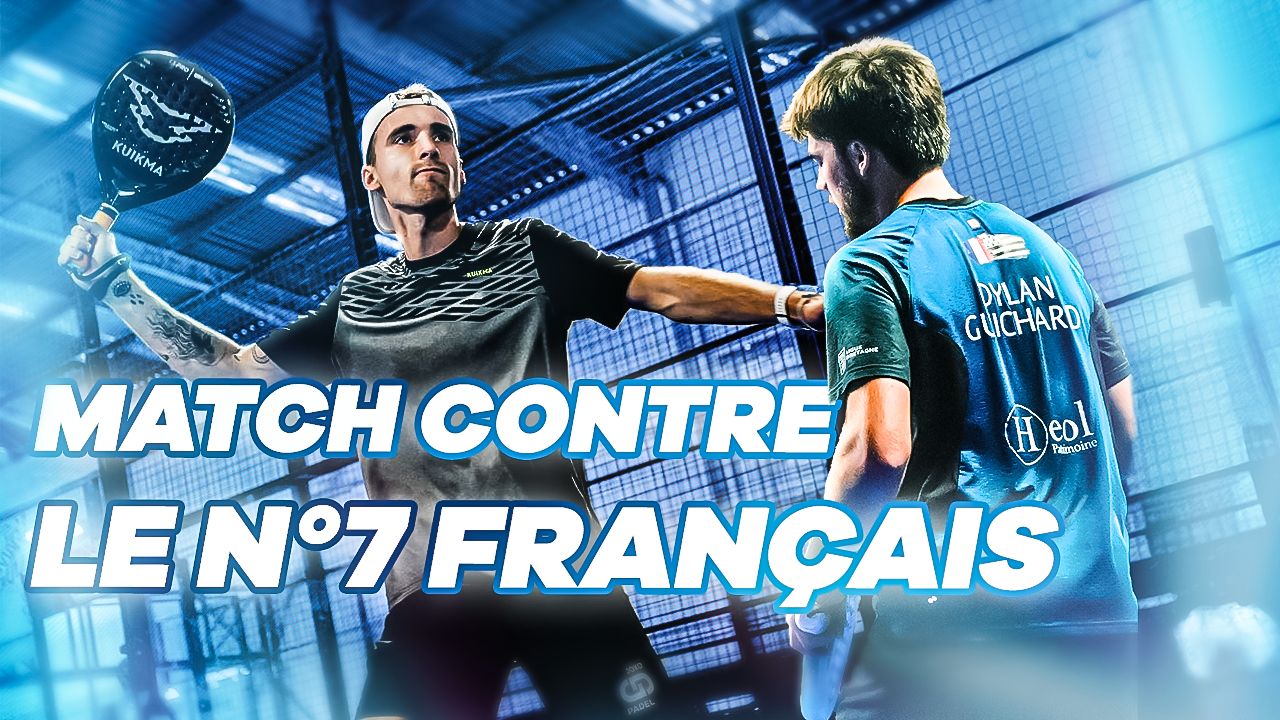 “Lefties give me headaches when I play against them!”
“Lefties give me headaches when I play against them!”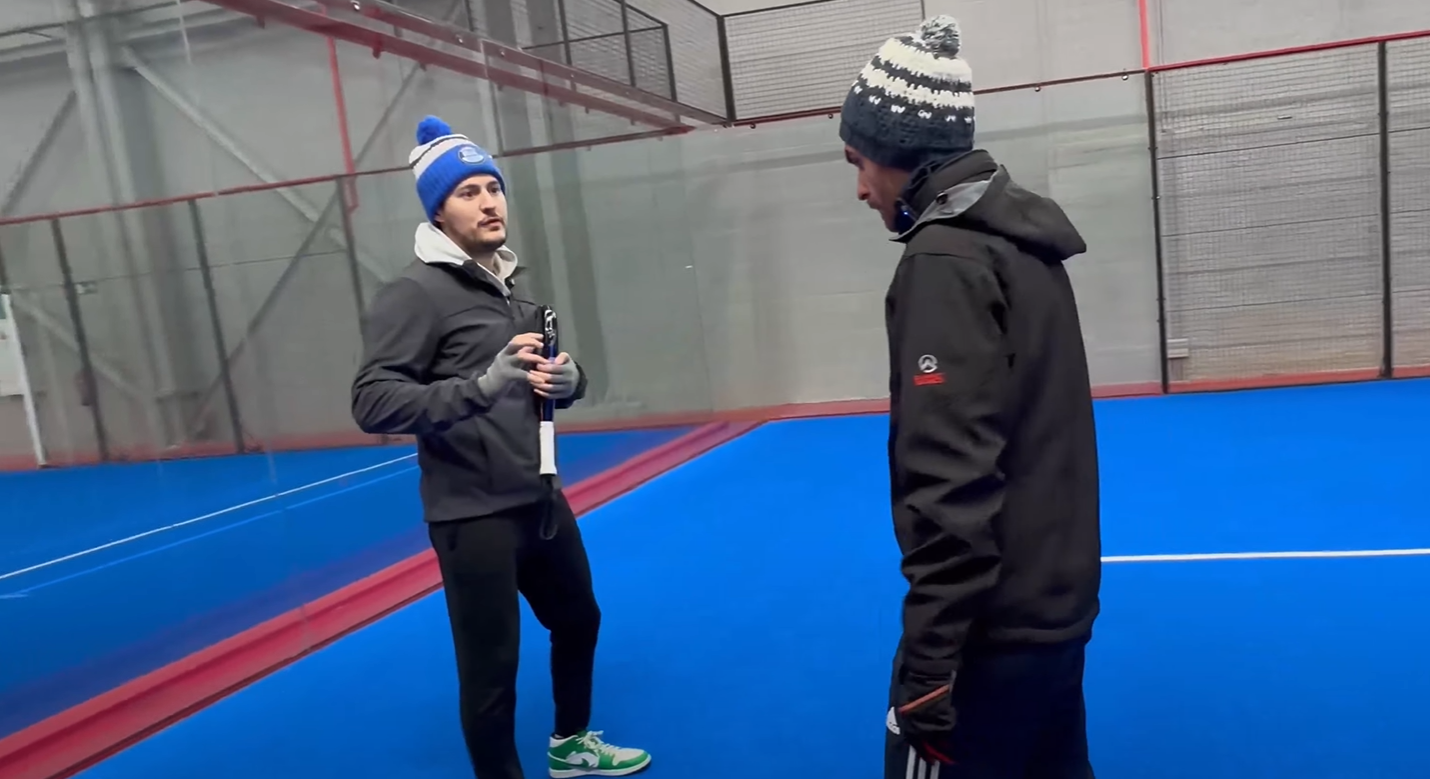 At the heart of padel – Episode 14: how to earn points in winter?
At the heart of padel – Episode 14: how to earn points in winter?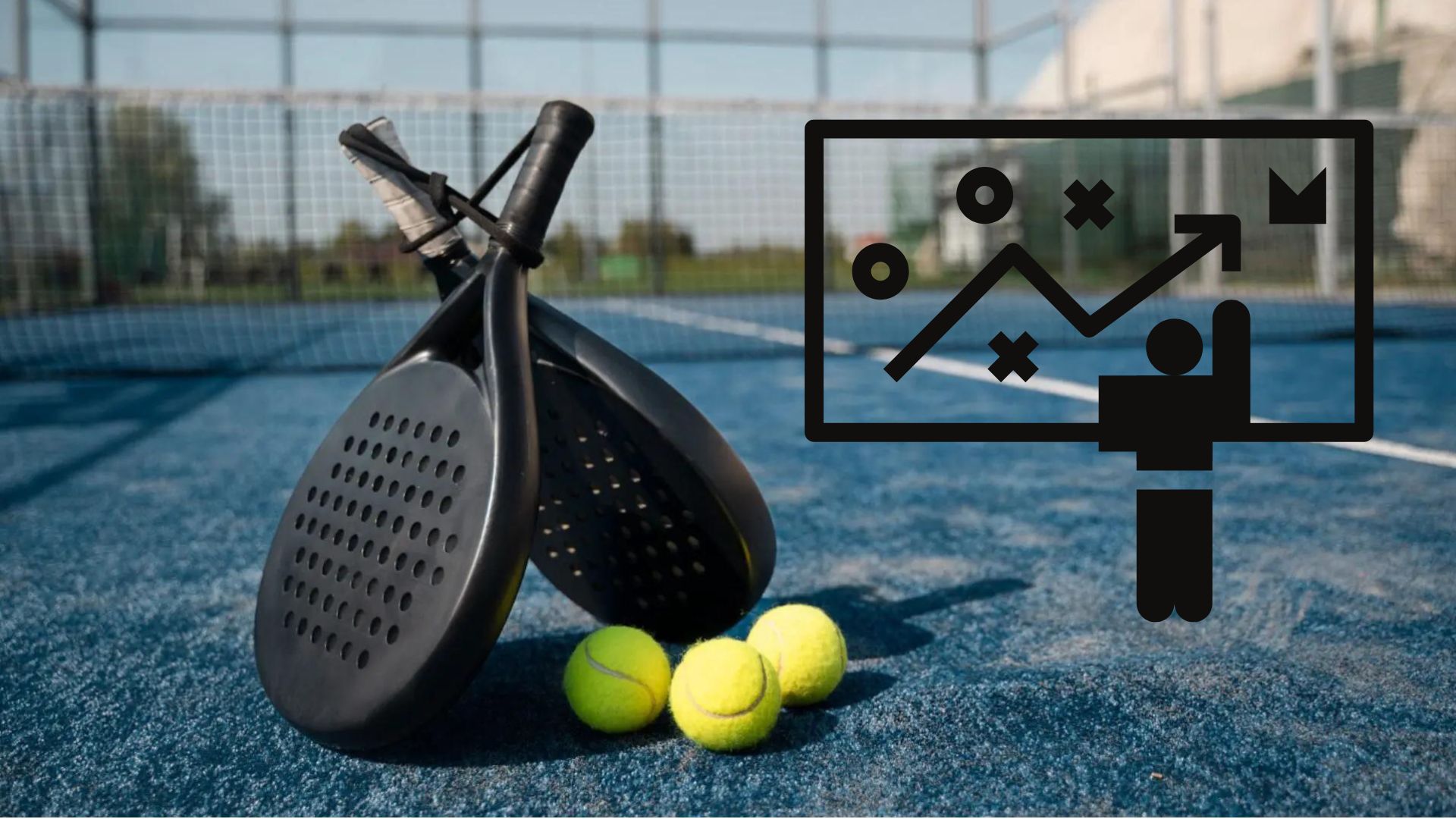 The basic tactics of padel
The basic tactics of padel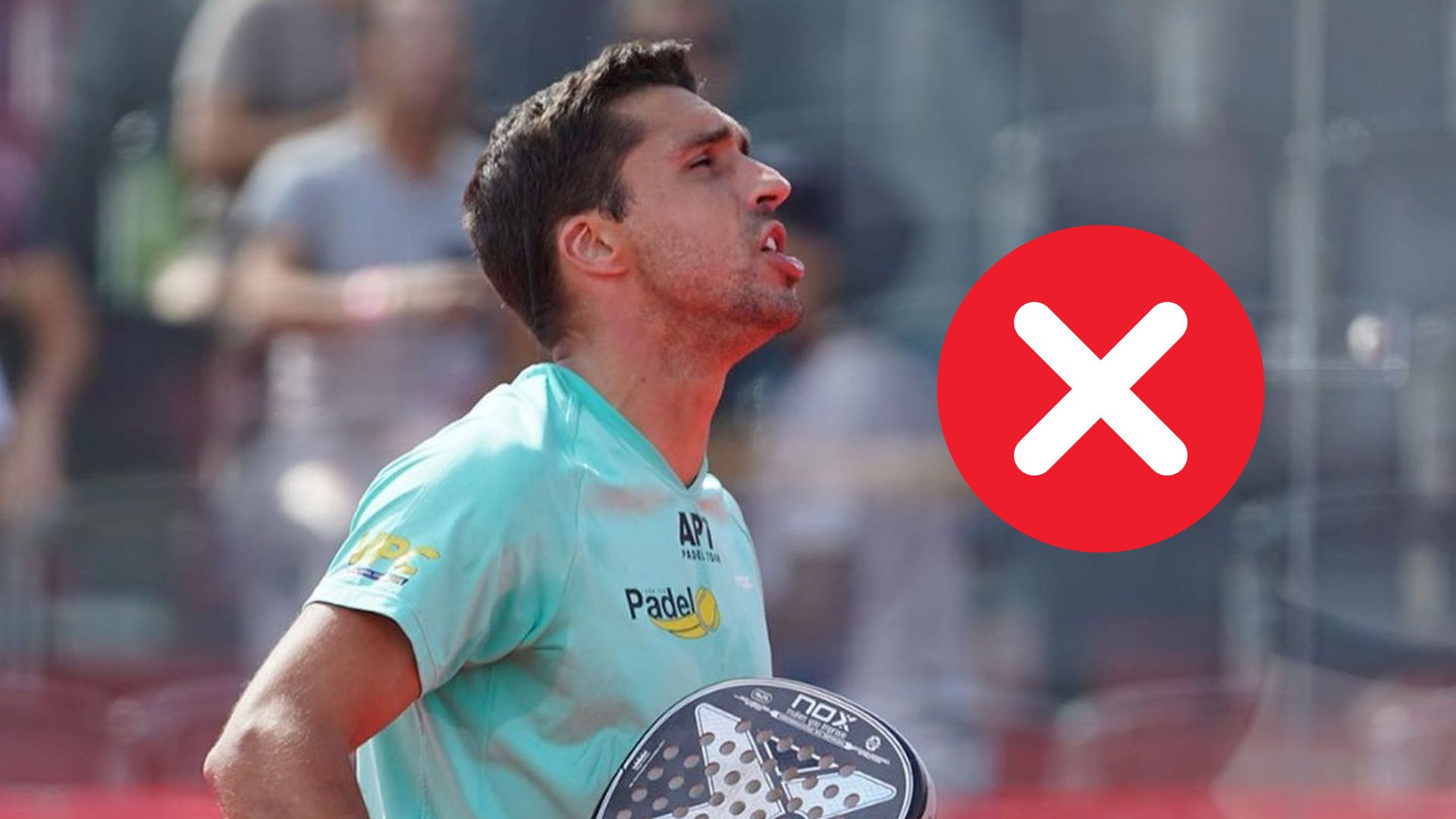 A par 4 is always a winner...even if you manage to defend it!
A par 4 is always a winner...even if you manage to defend it!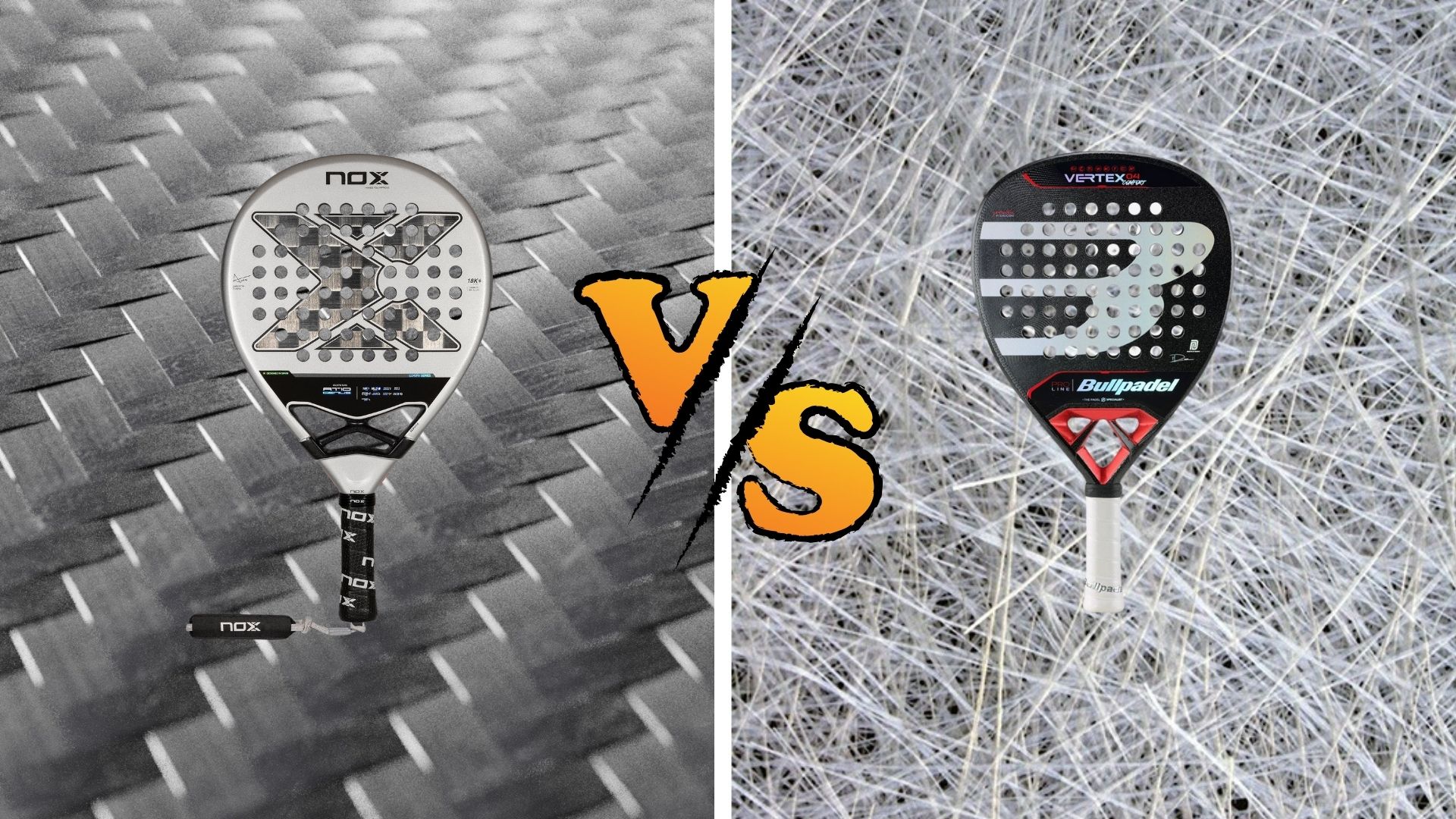 Carbon fiber VS fiberglass: what to choose?
Carbon fiber VS fiberglass: what to choose?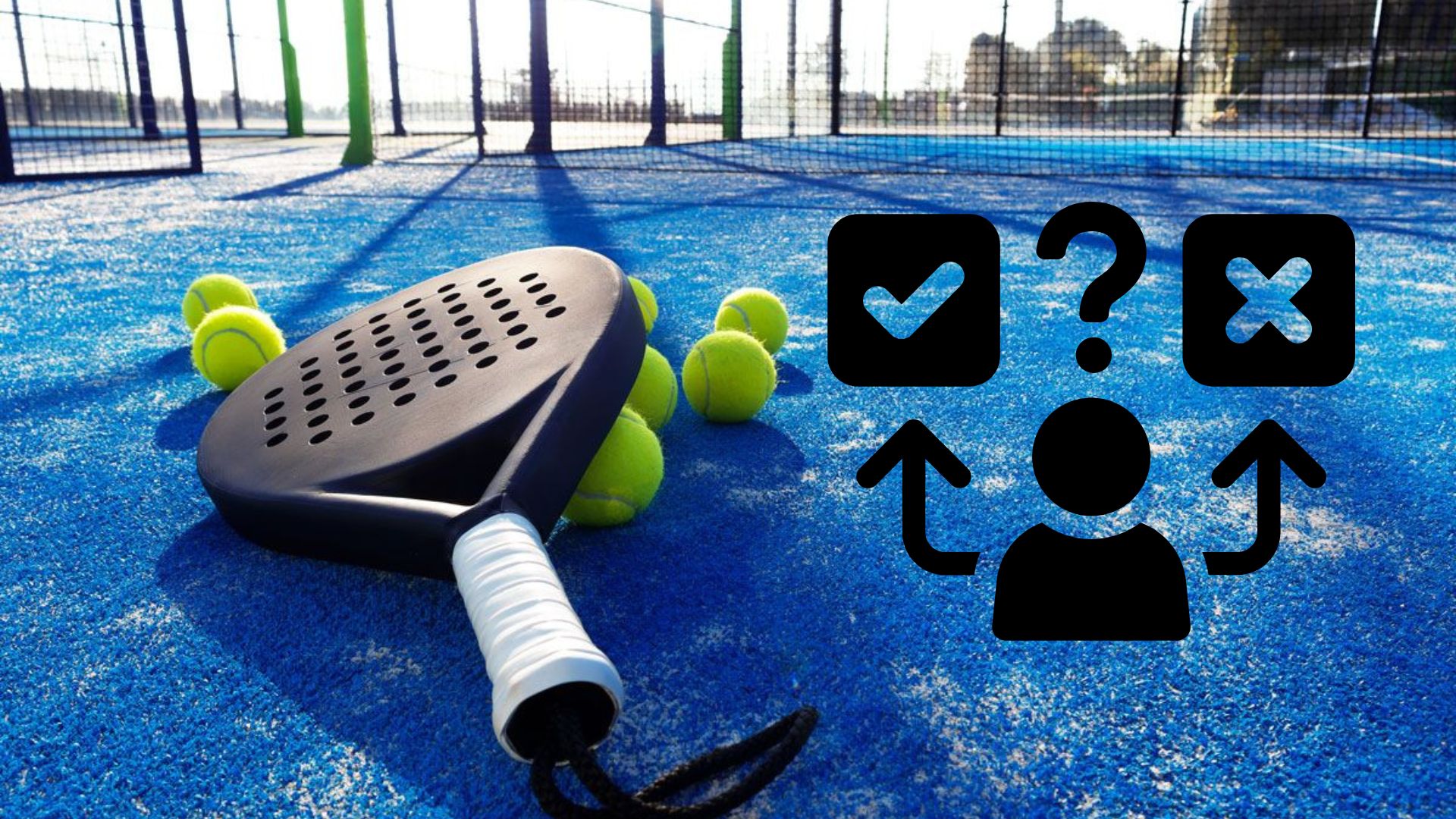 How to effectively test a racket padel ?
How to effectively test a racket padel ?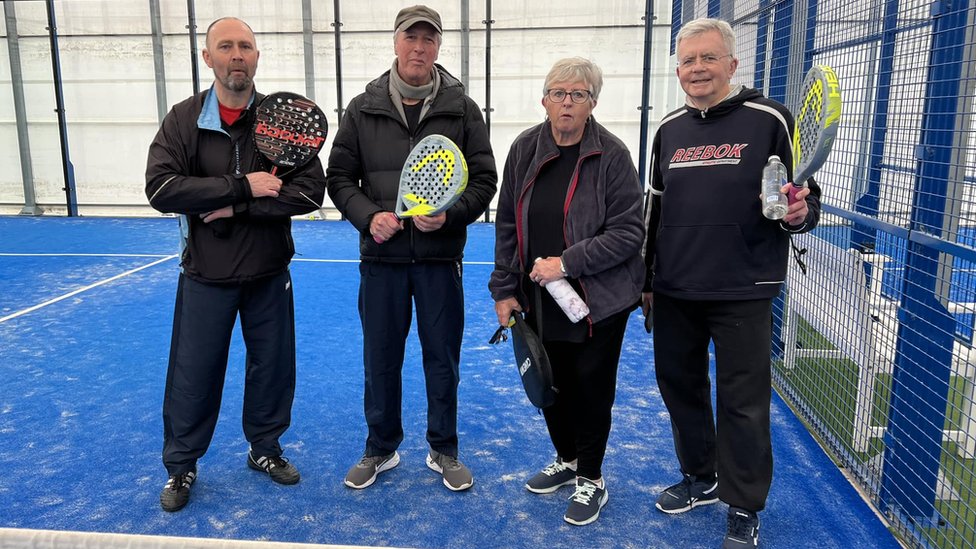 La padel to fight Parkinson's disease
La padel to fight Parkinson's disease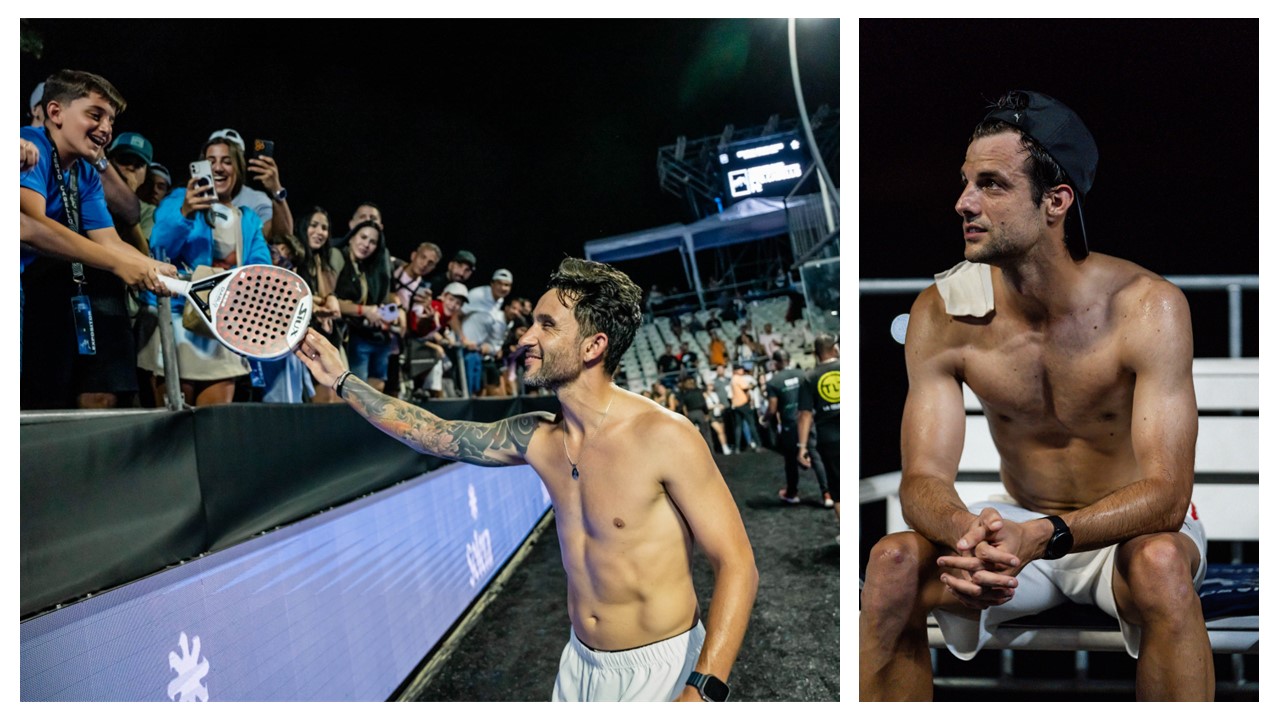 Prohibition on playing topless Padel : the reasons
Prohibition on playing topless Padel : the reasons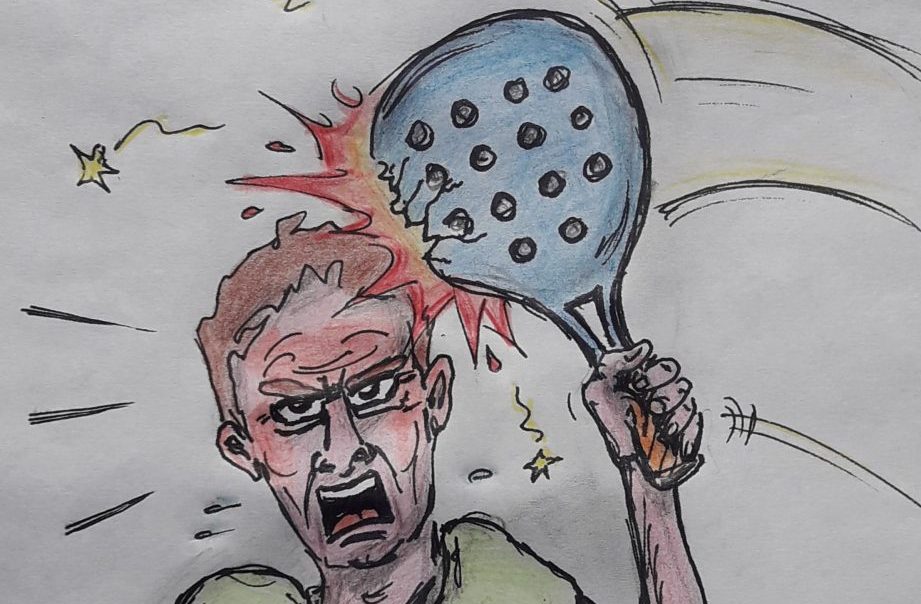 Don't play with a cracked or broken racket, your body will thank you!
Don't play with a cracked or broken racket, your body will thank you! Michel Cymes: “The padel, physically, it’s serious!”
Michel Cymes: “The padel, physically, it’s serious!” Our Top 10 training courses padel in France and Europe
Our Top 10 training courses padel in France and Europe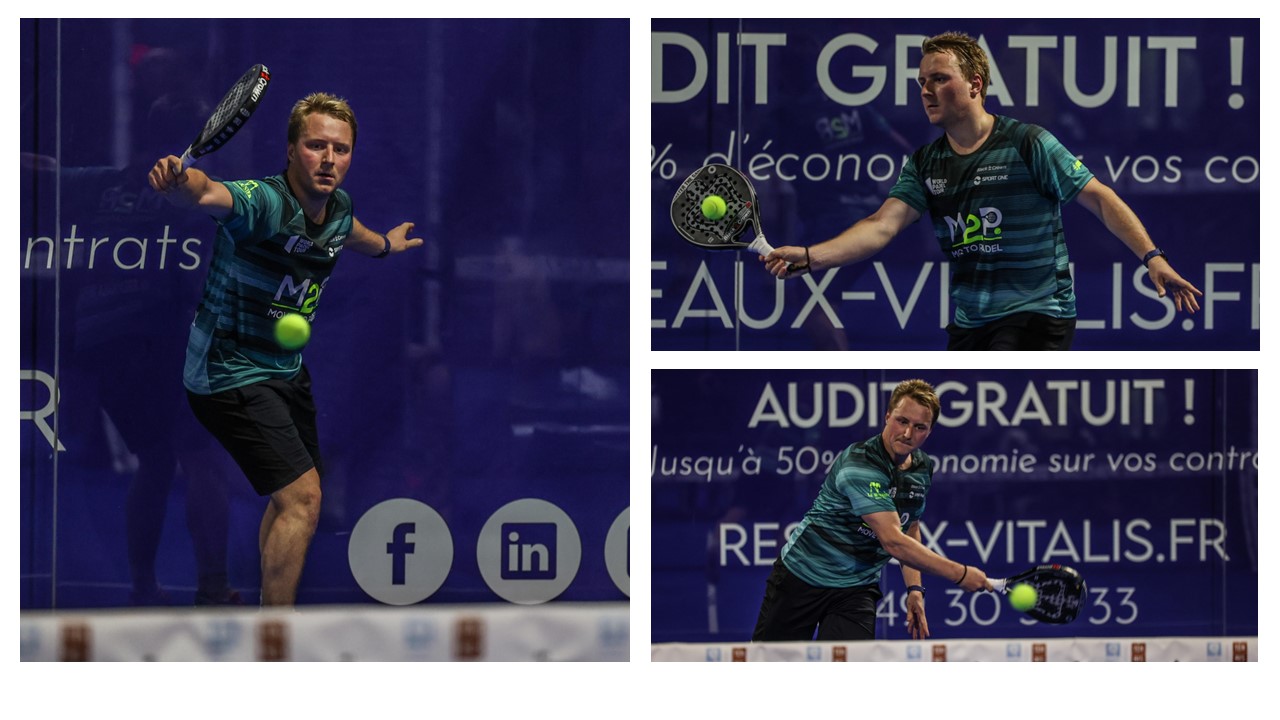 Jeremy Gala: “Promote the padel among young people in Belgium remains a challenge”
Jeremy Gala: “Promote the padel among young people in Belgium remains a challenge”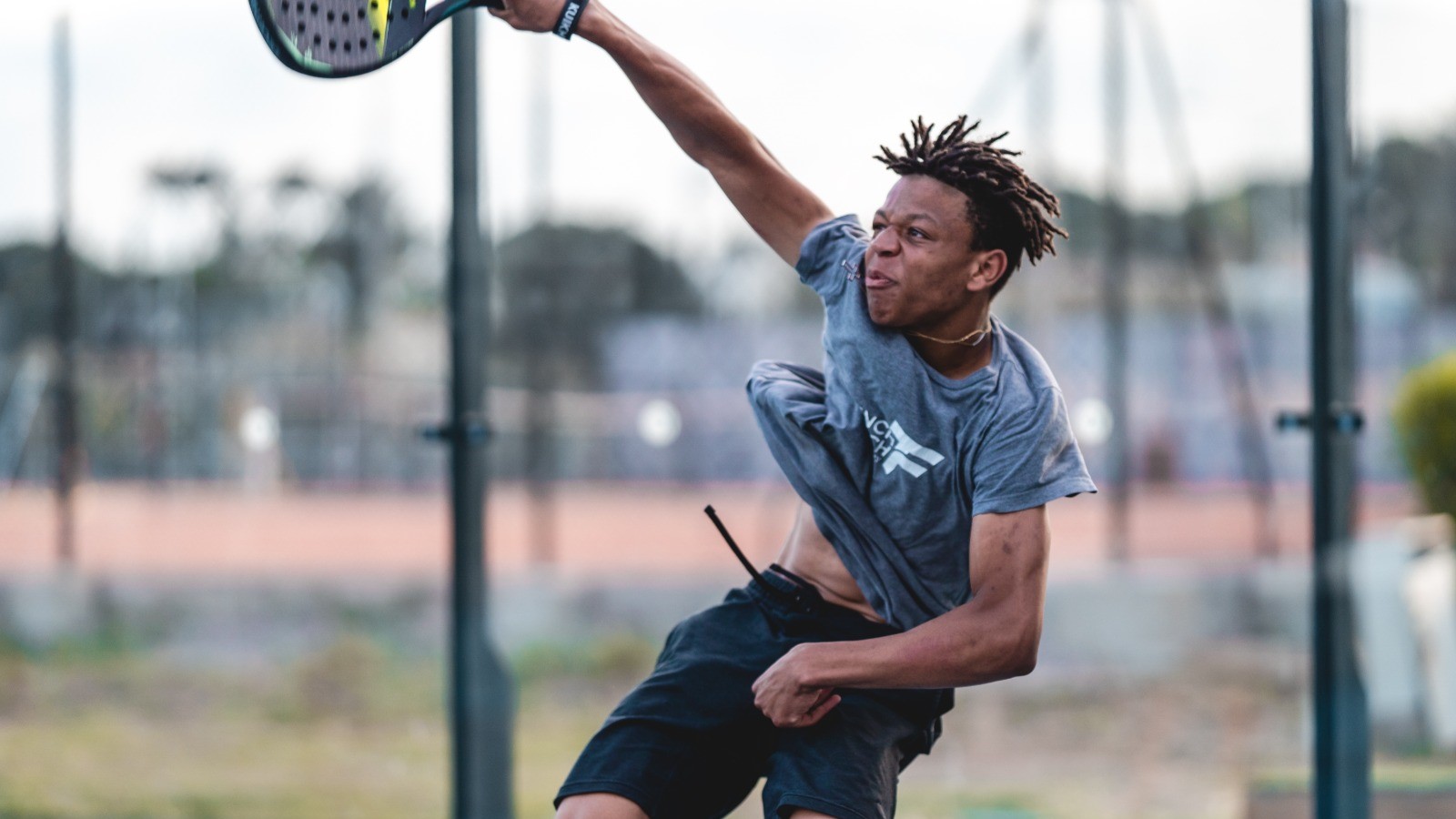 The French Touch Academy organizes its selection day Padel-Study
The French Touch Academy organizes its selection day Padel-Study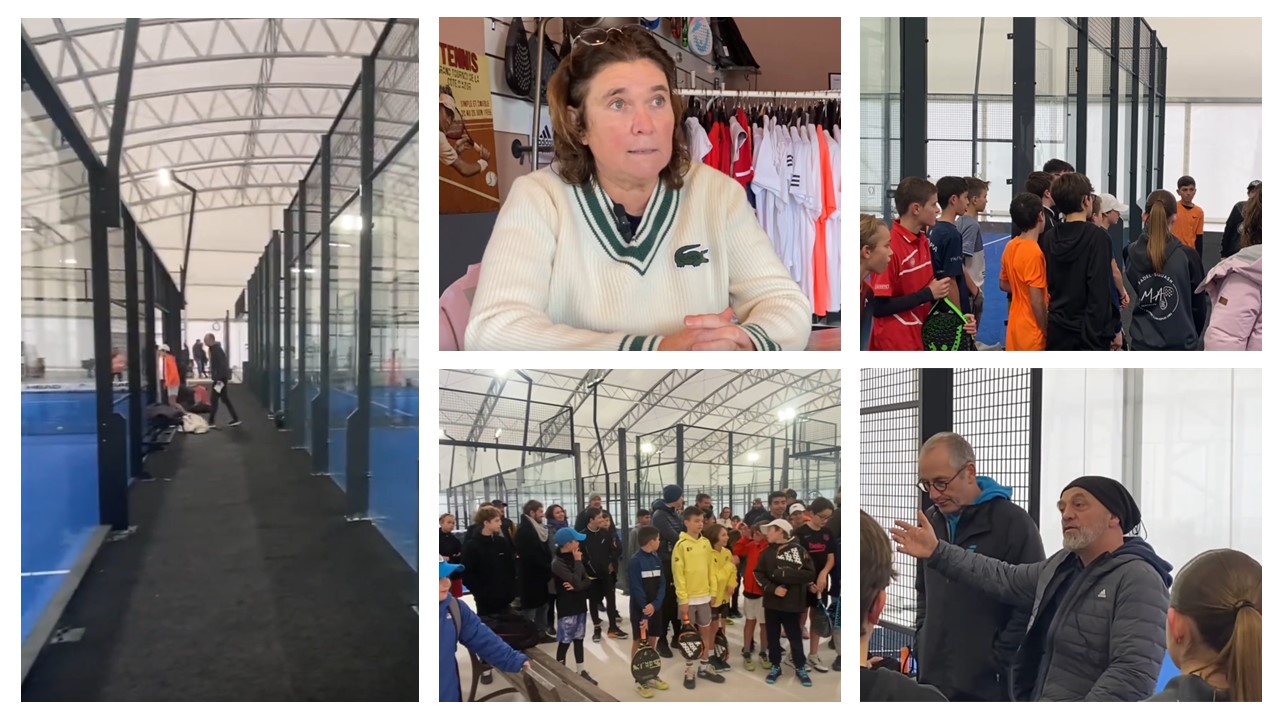 Report on the detection and training of younger generations
Report on the detection and training of younger generations